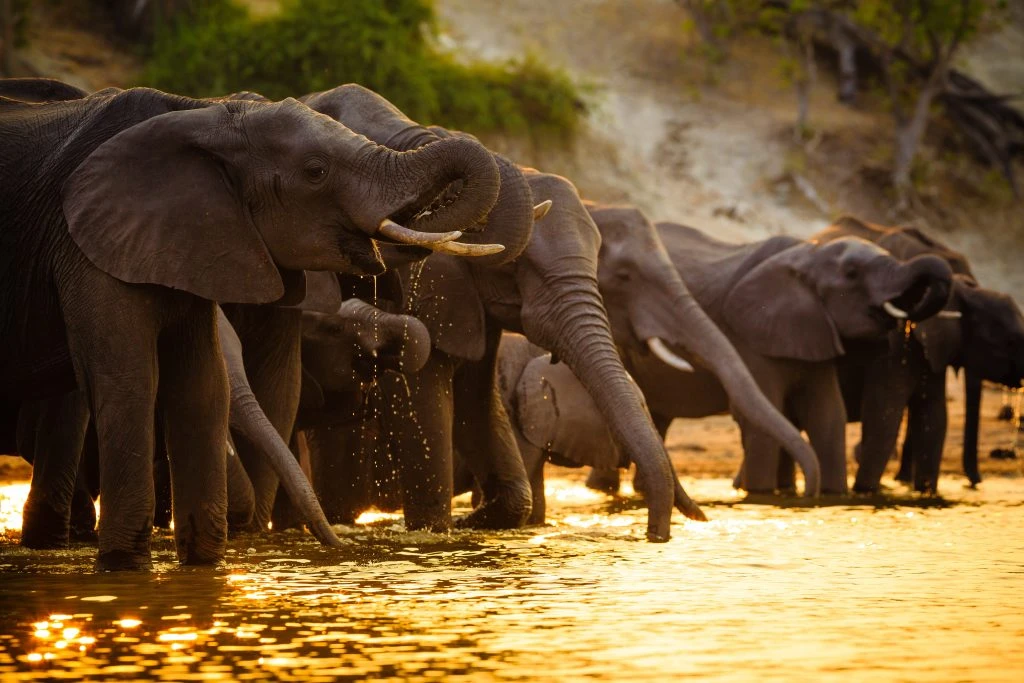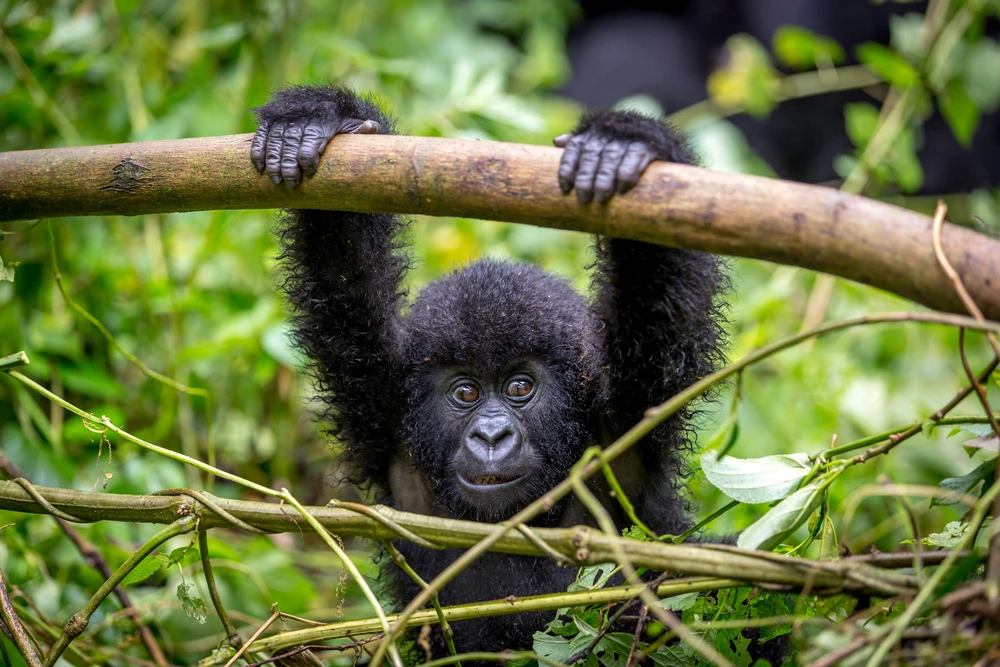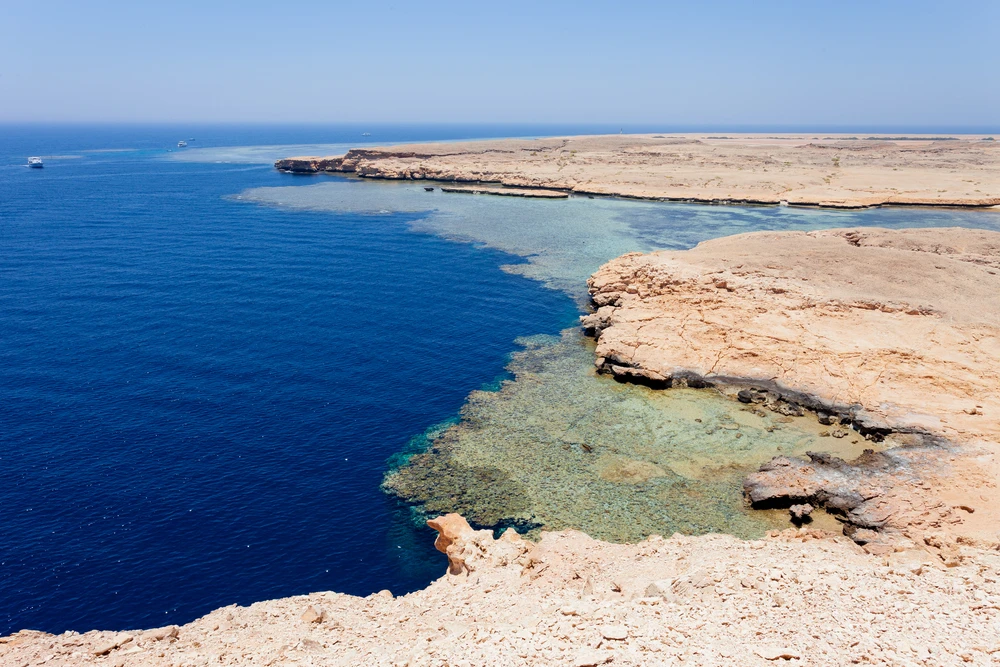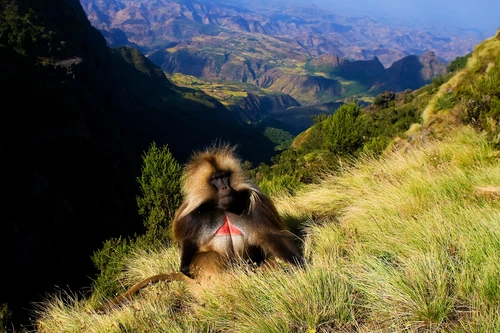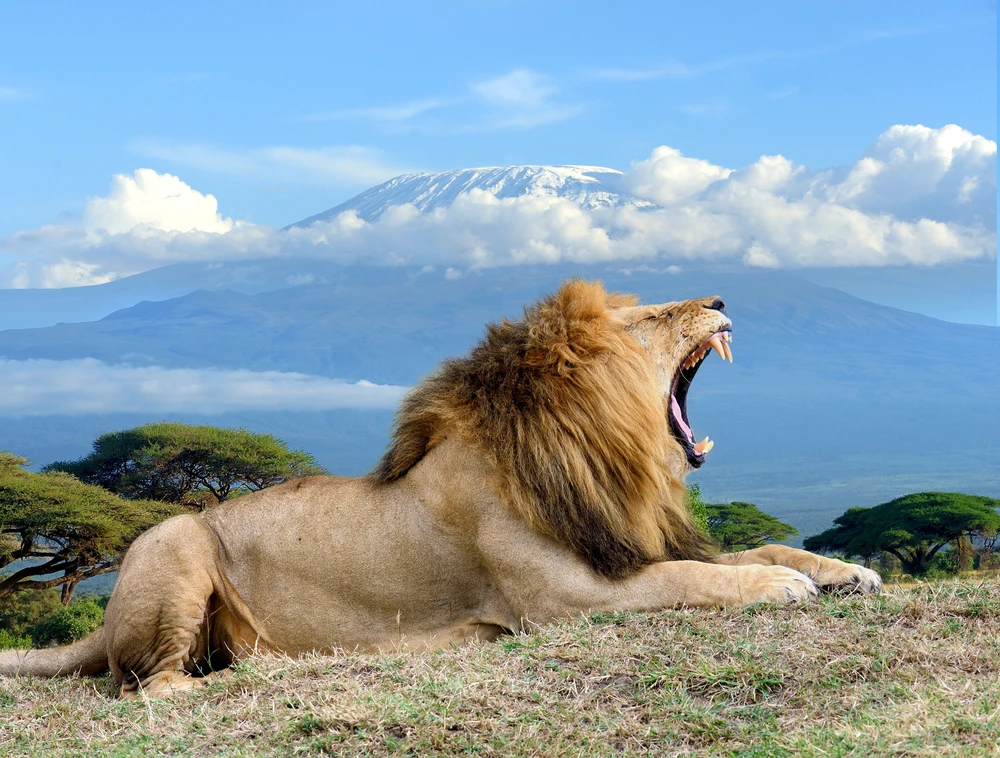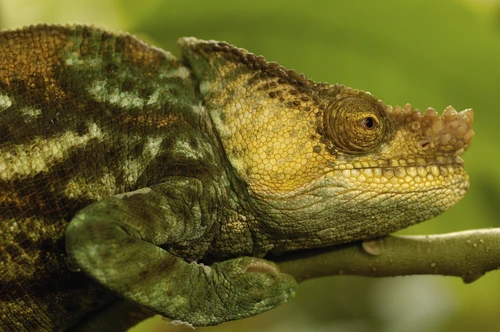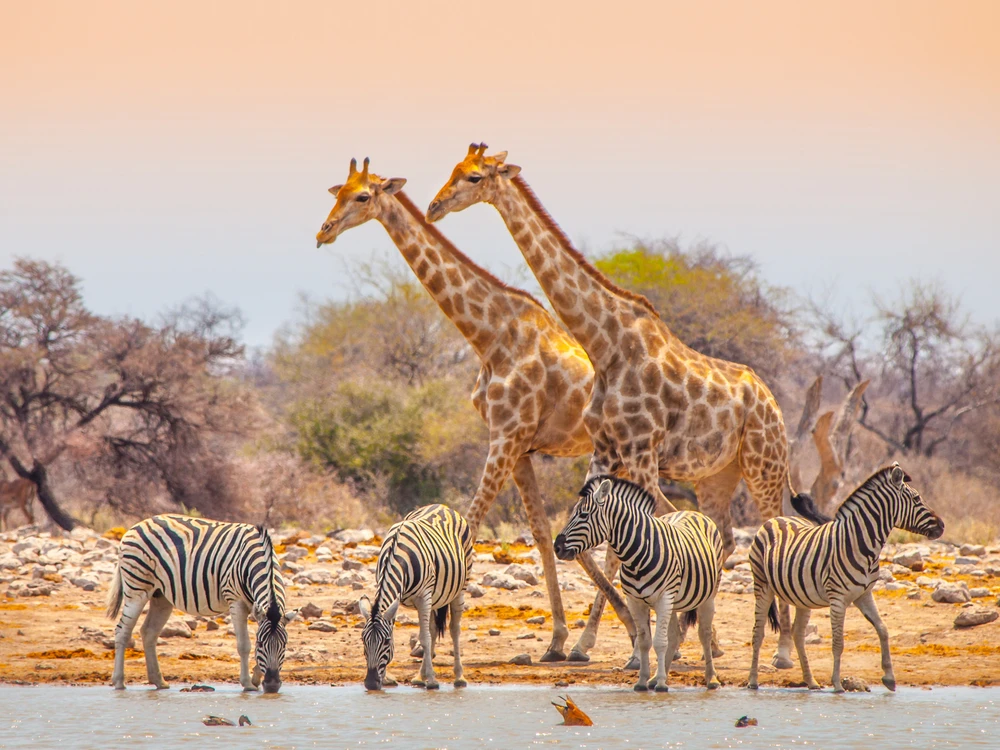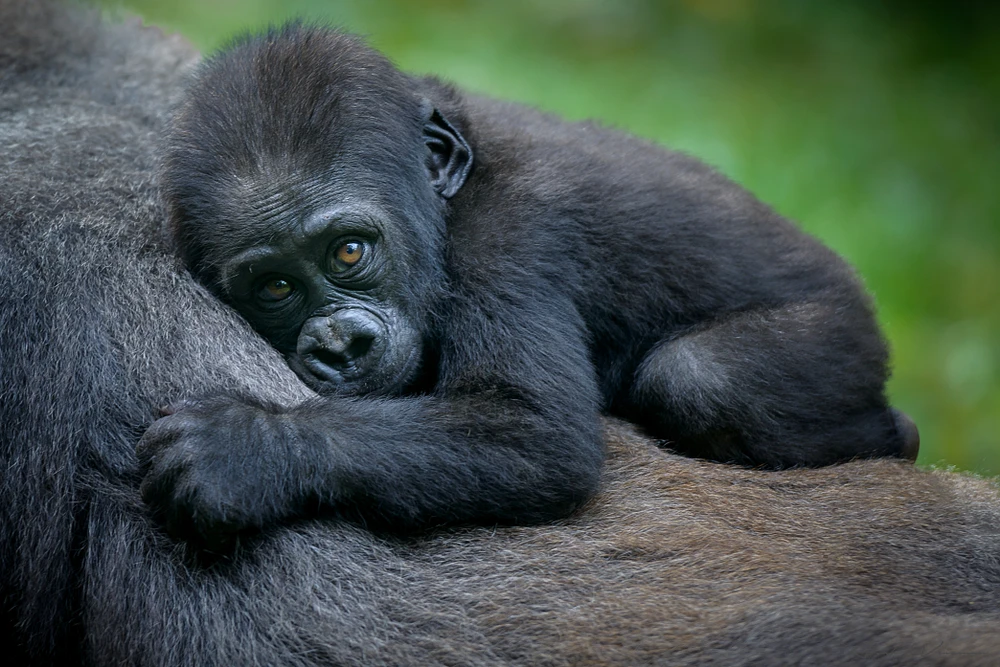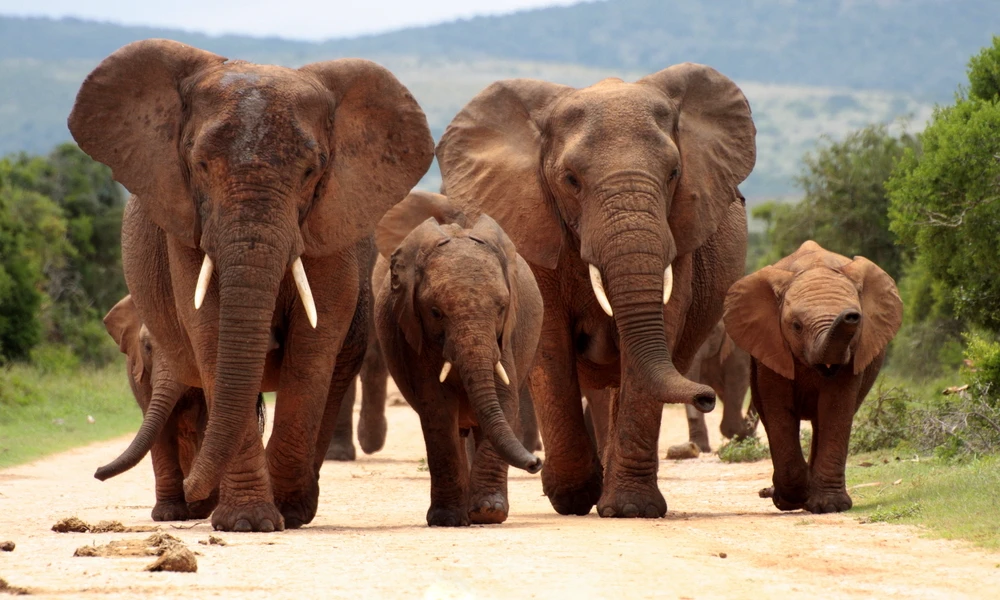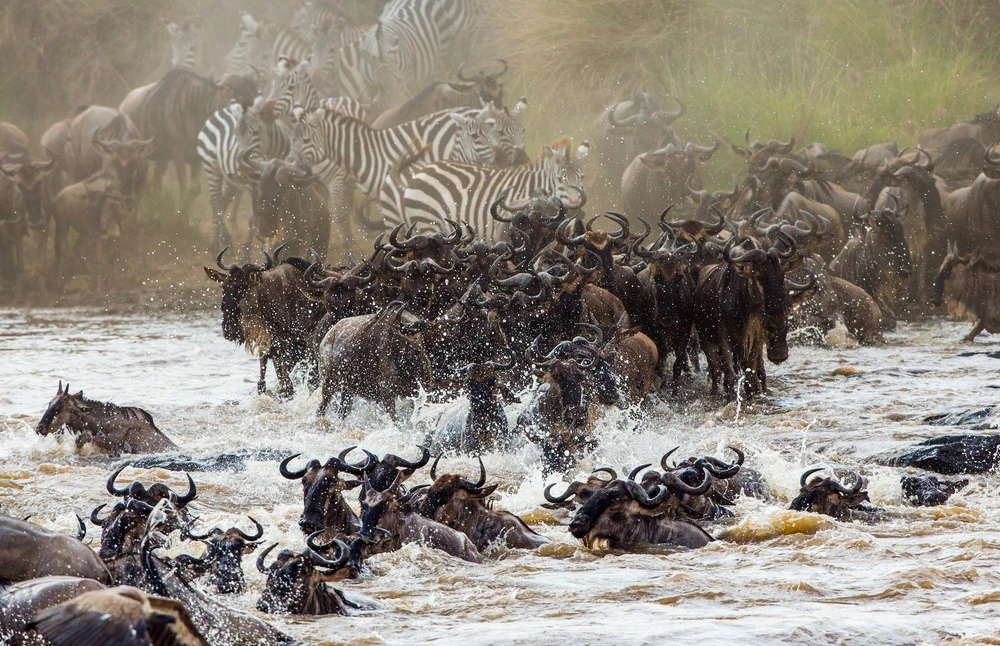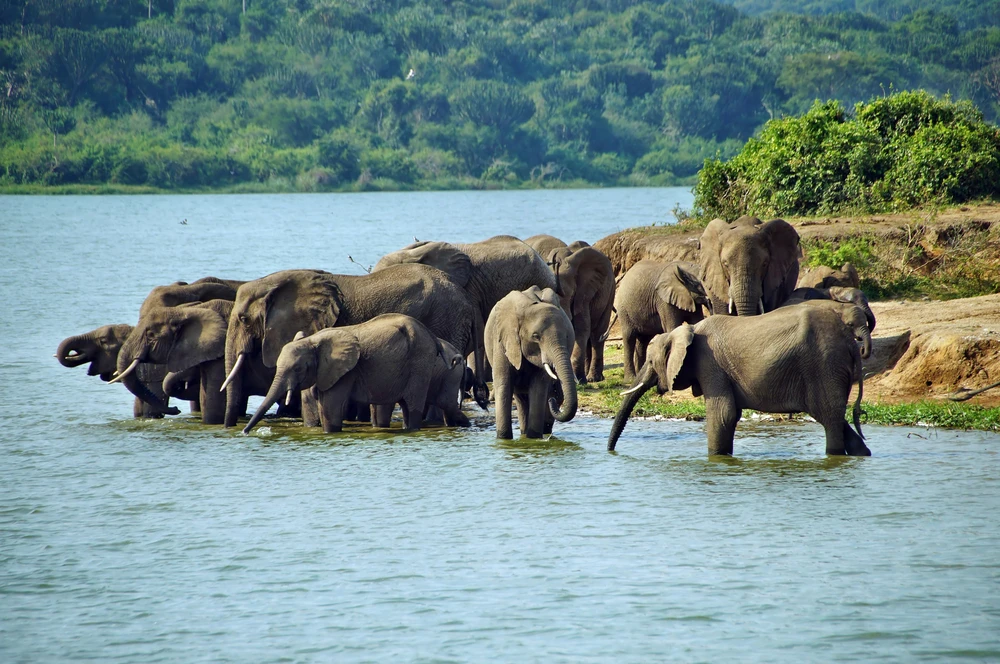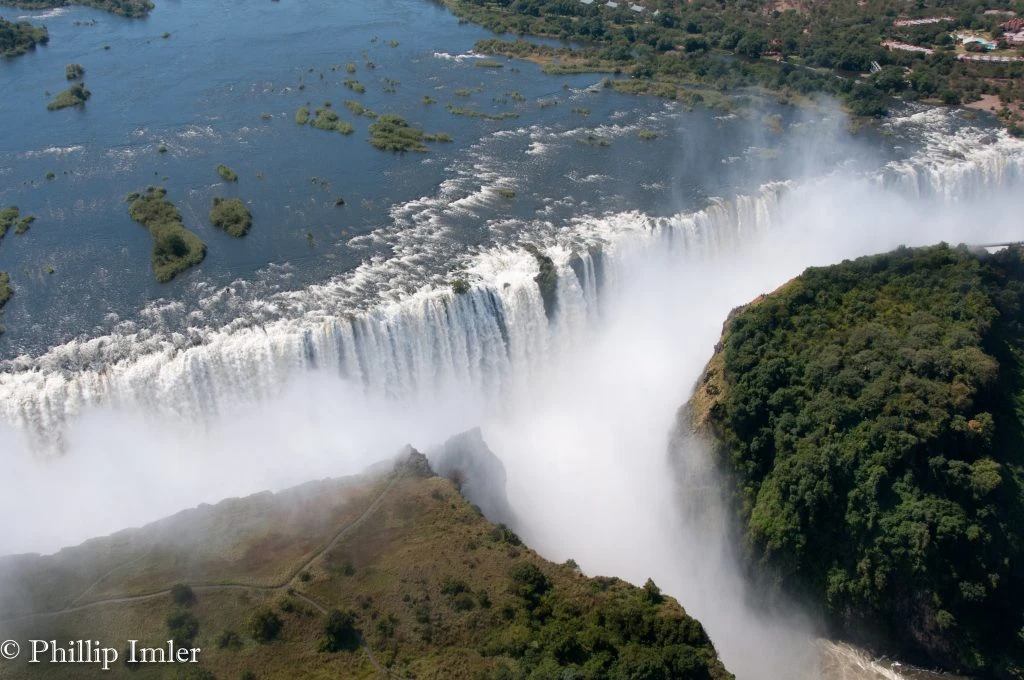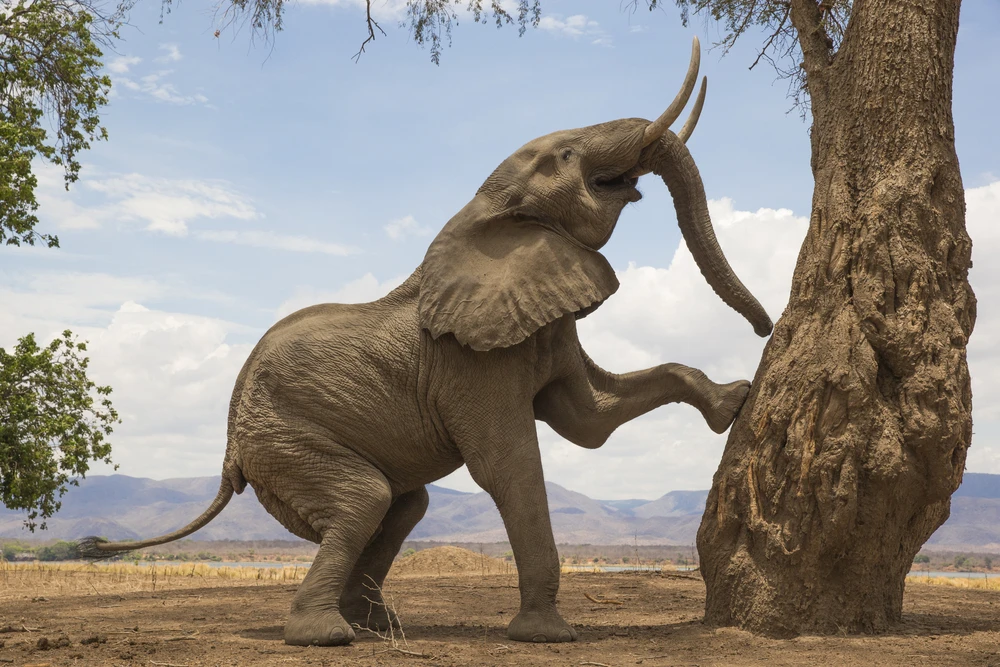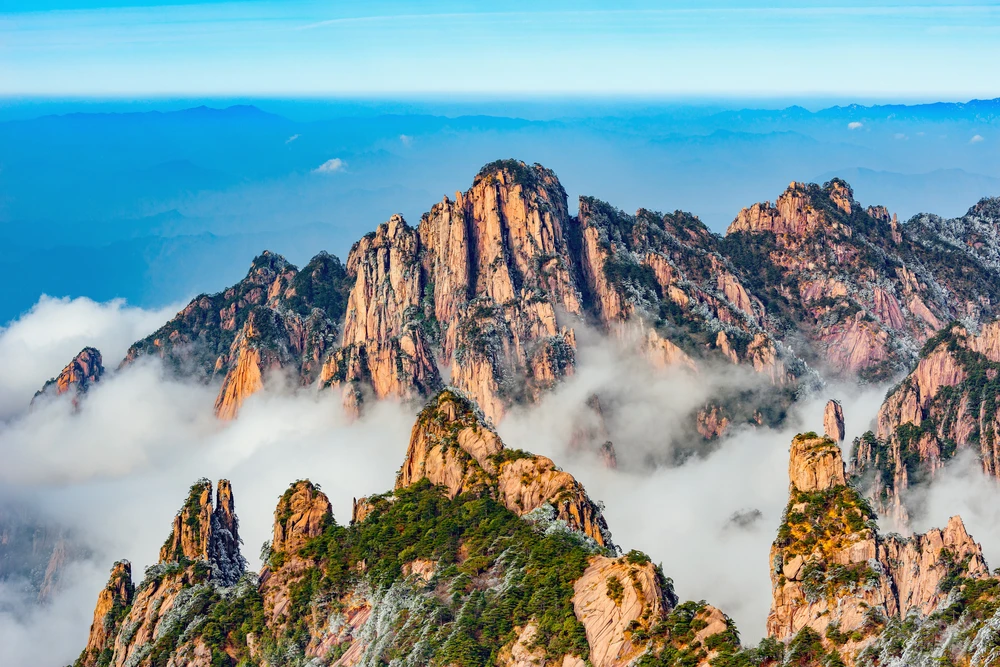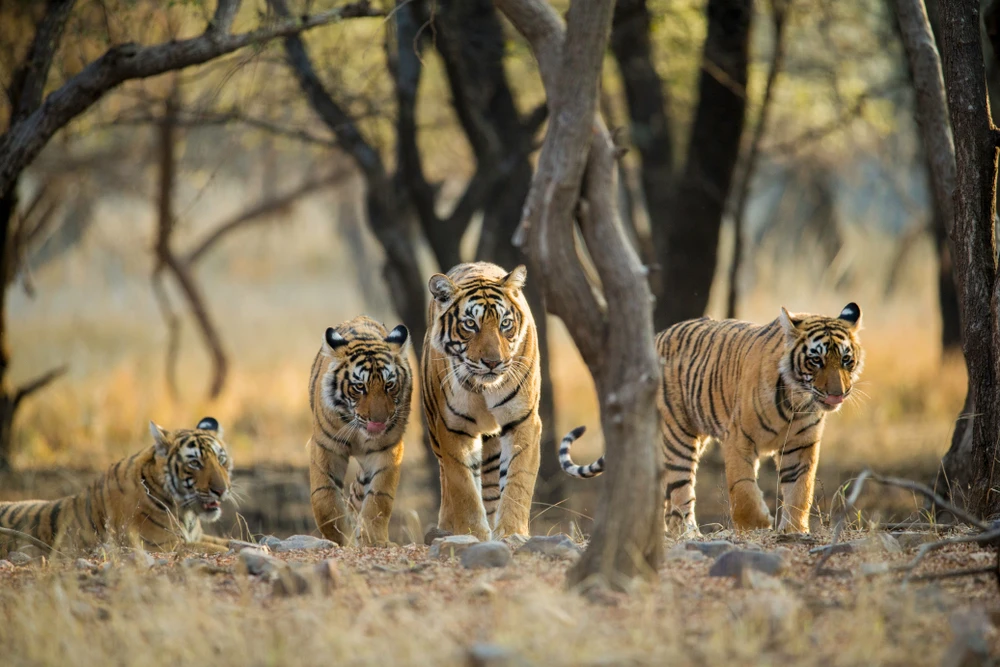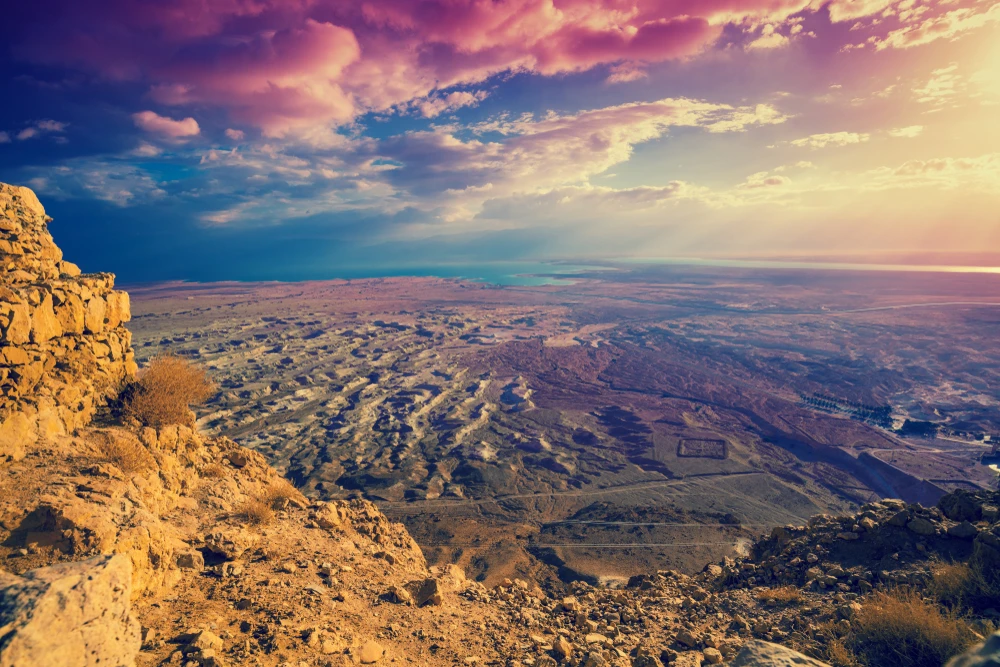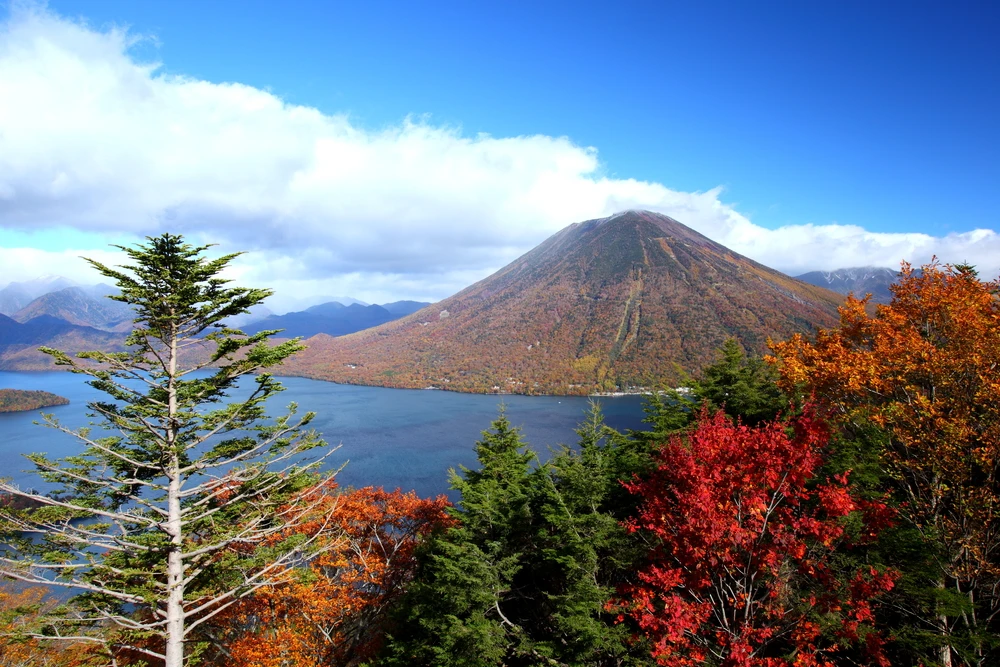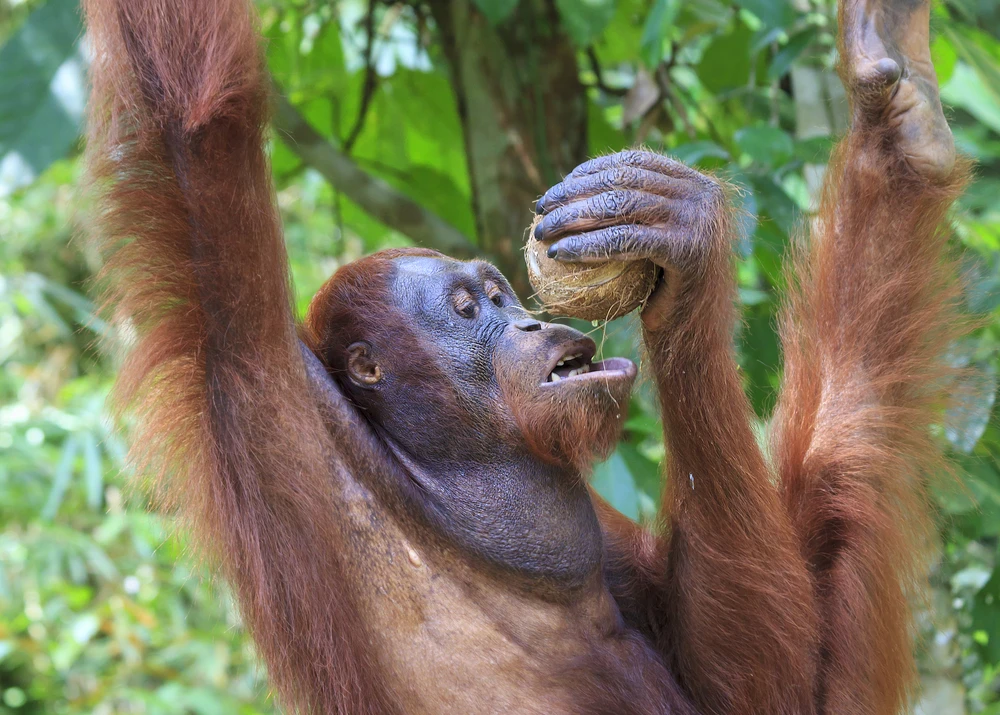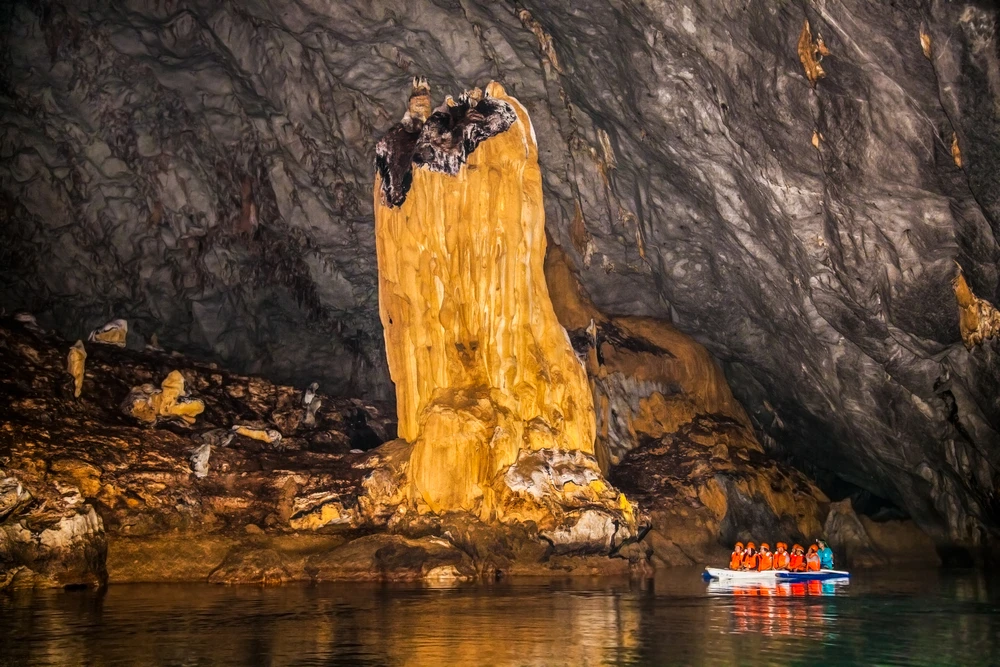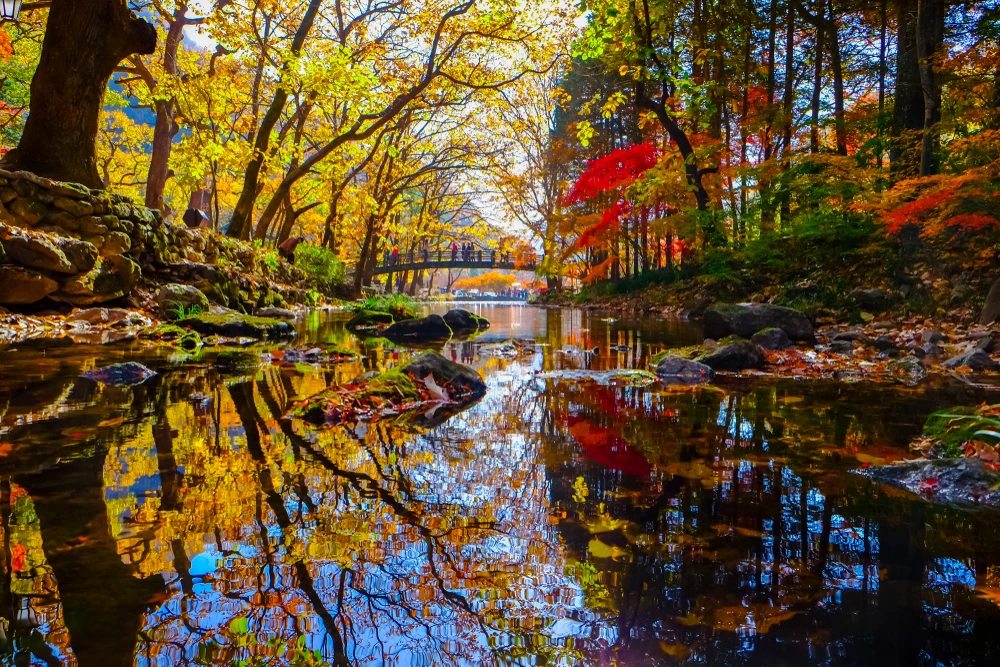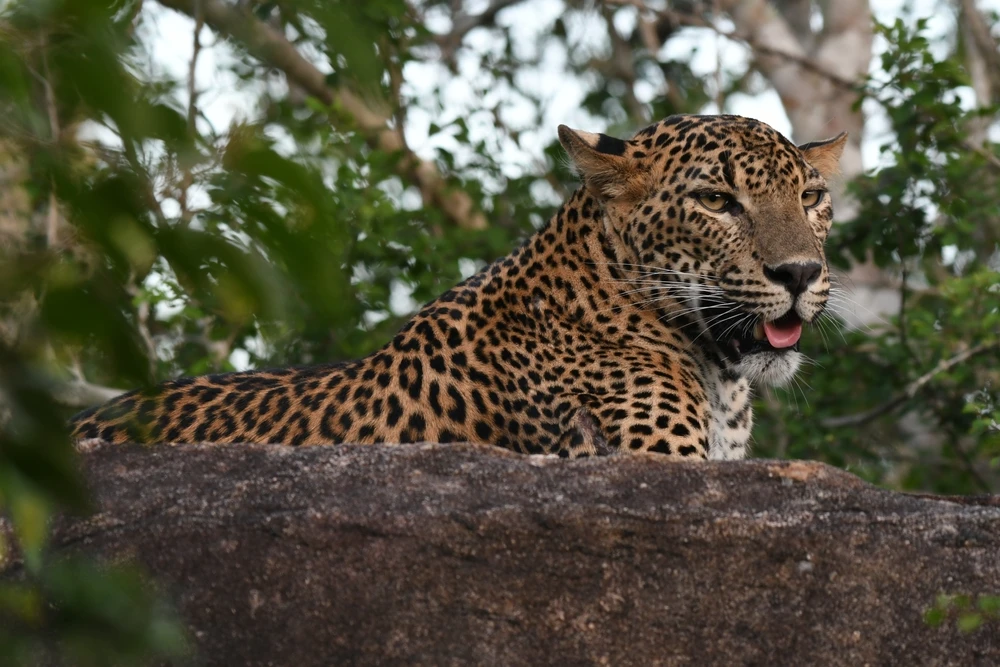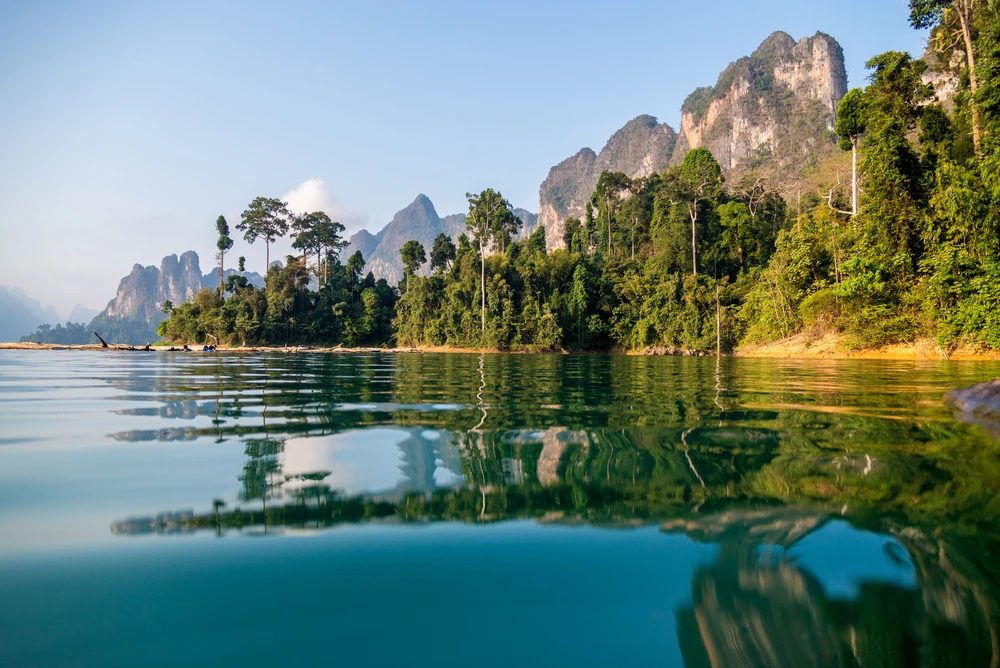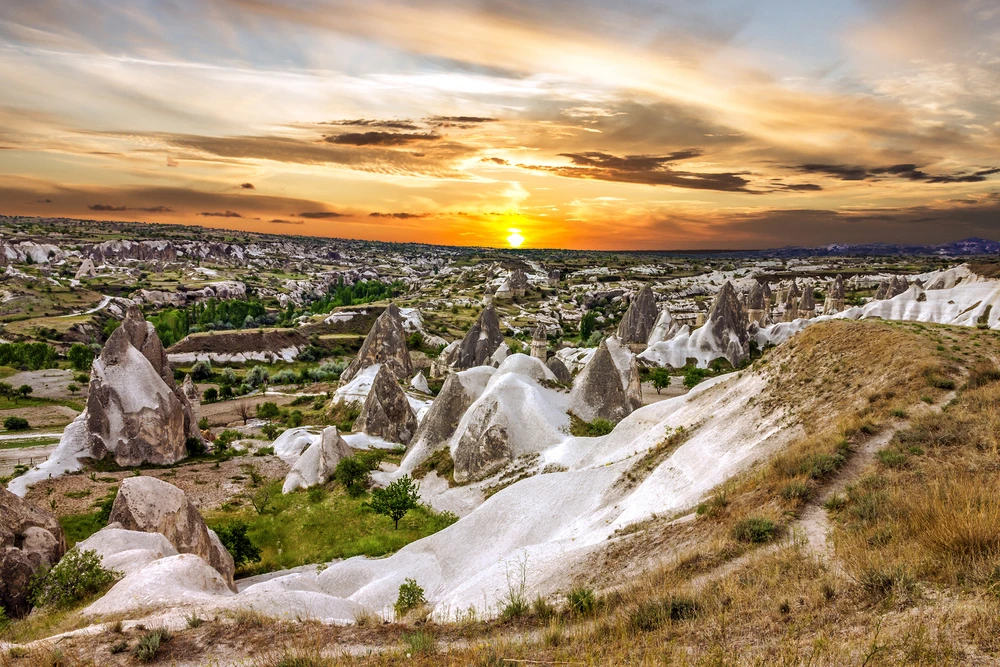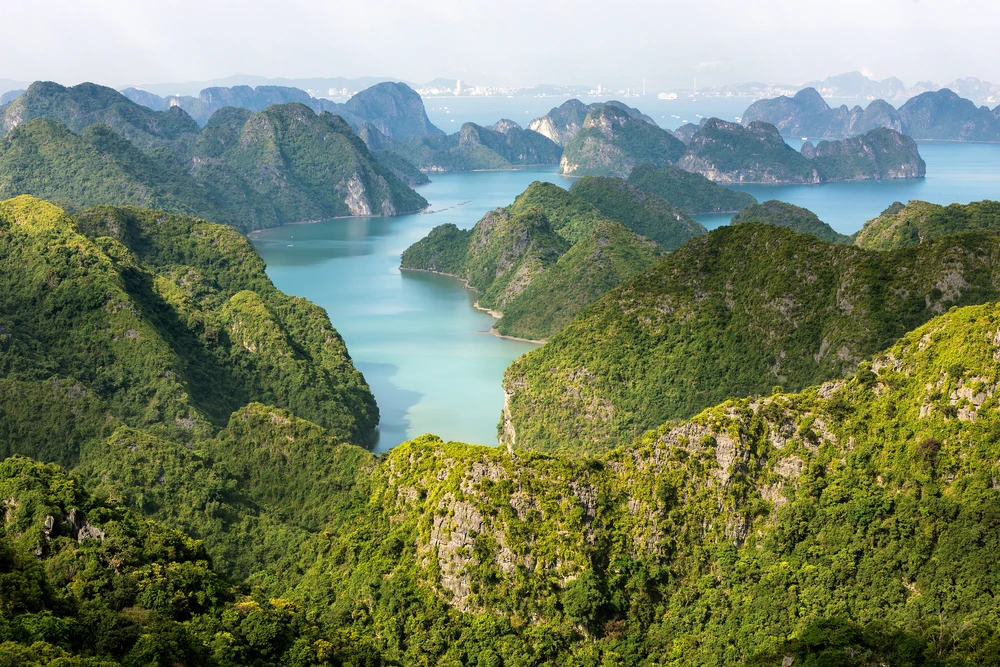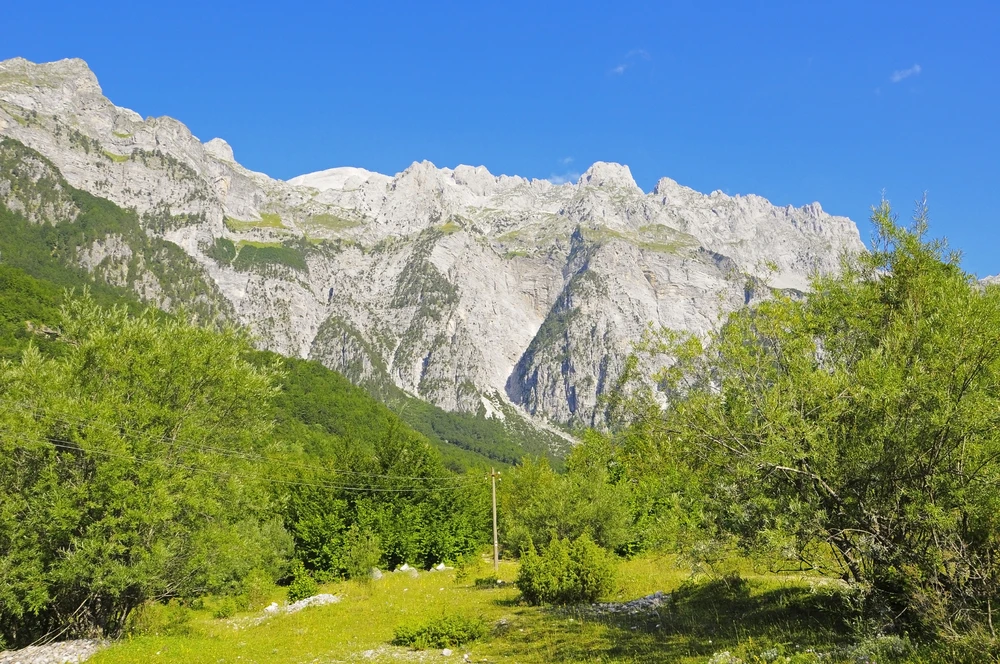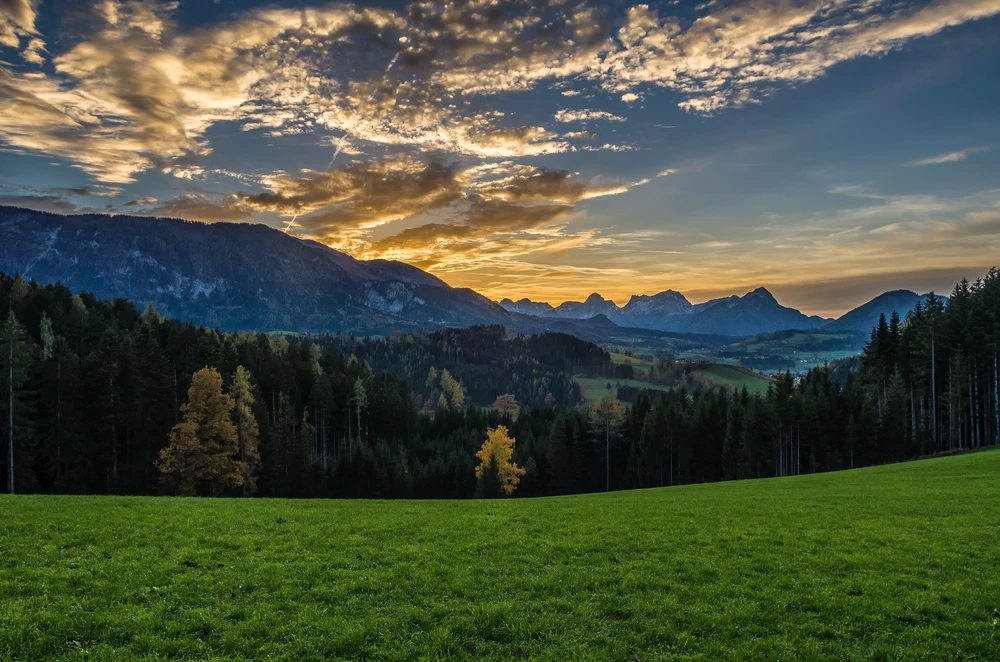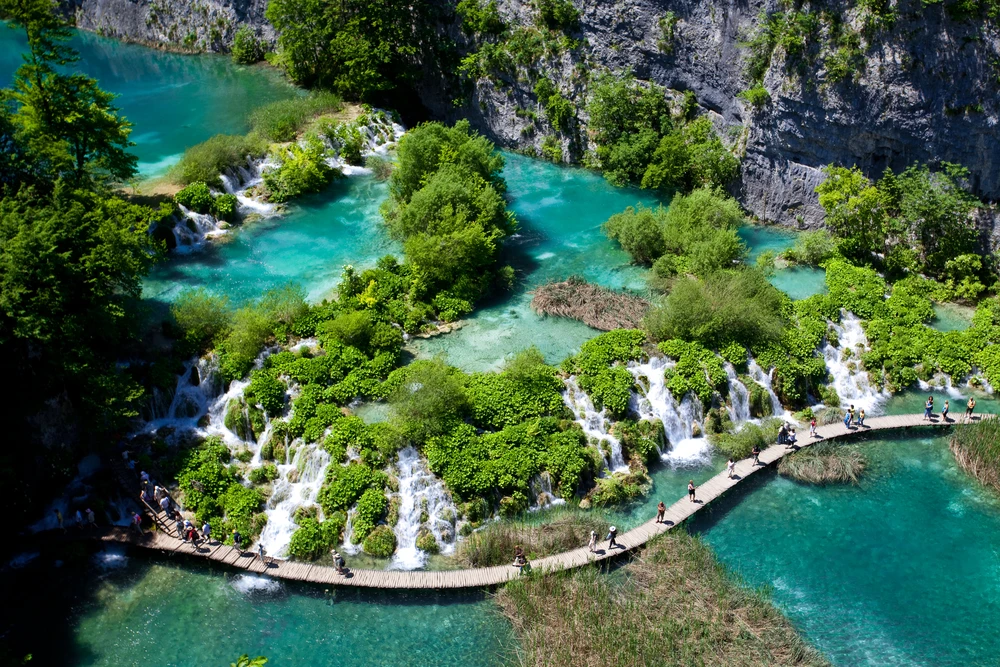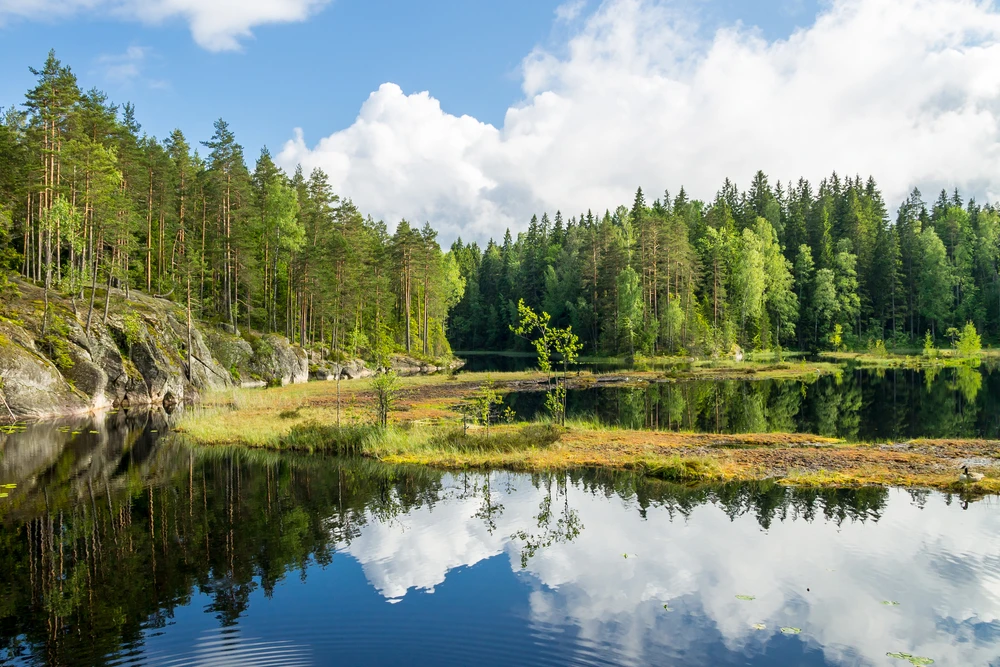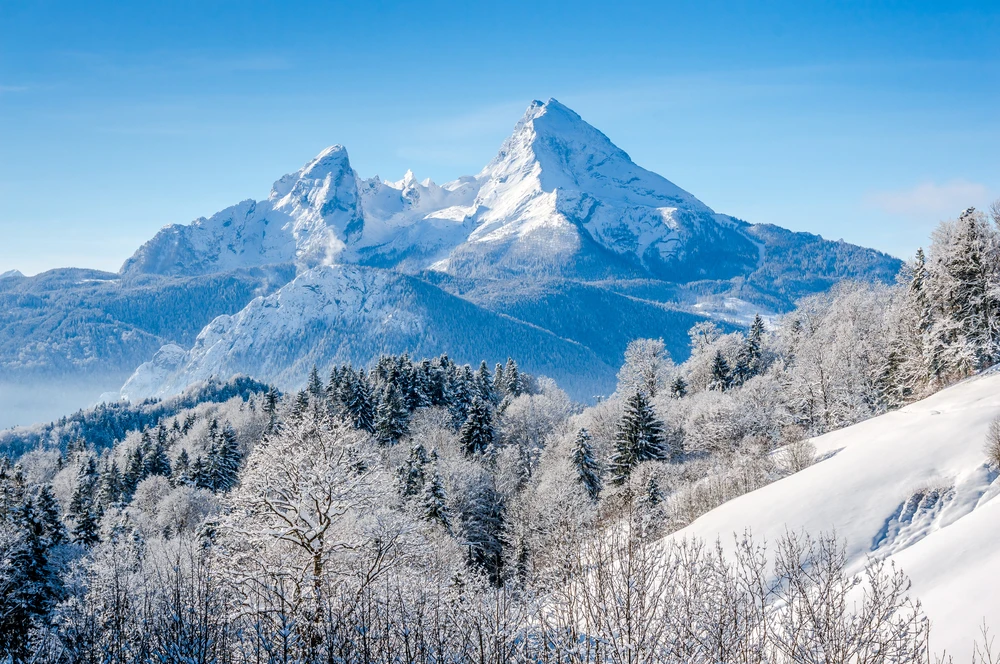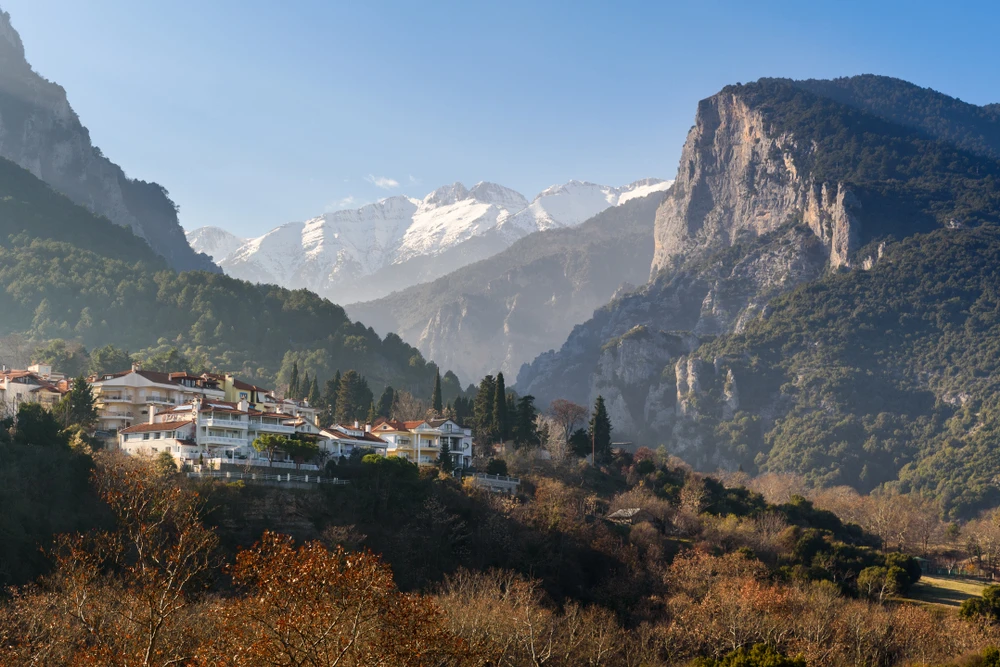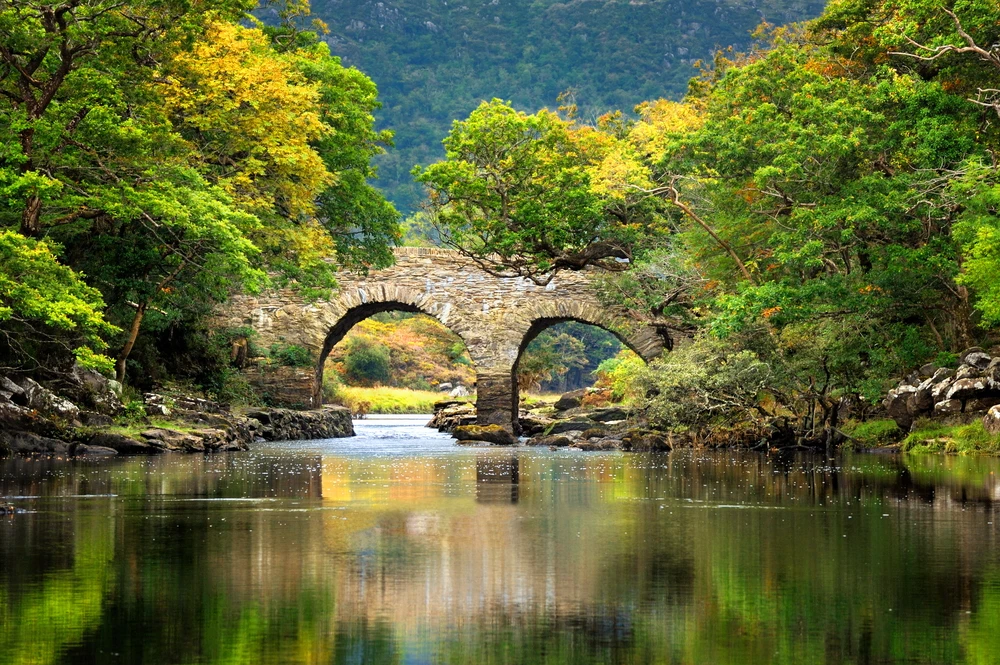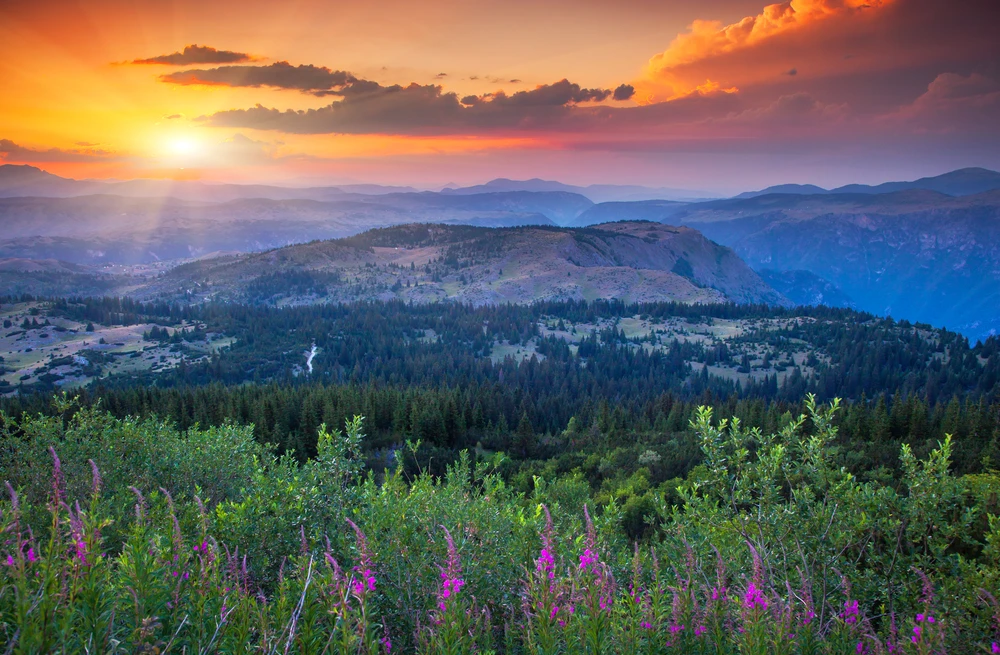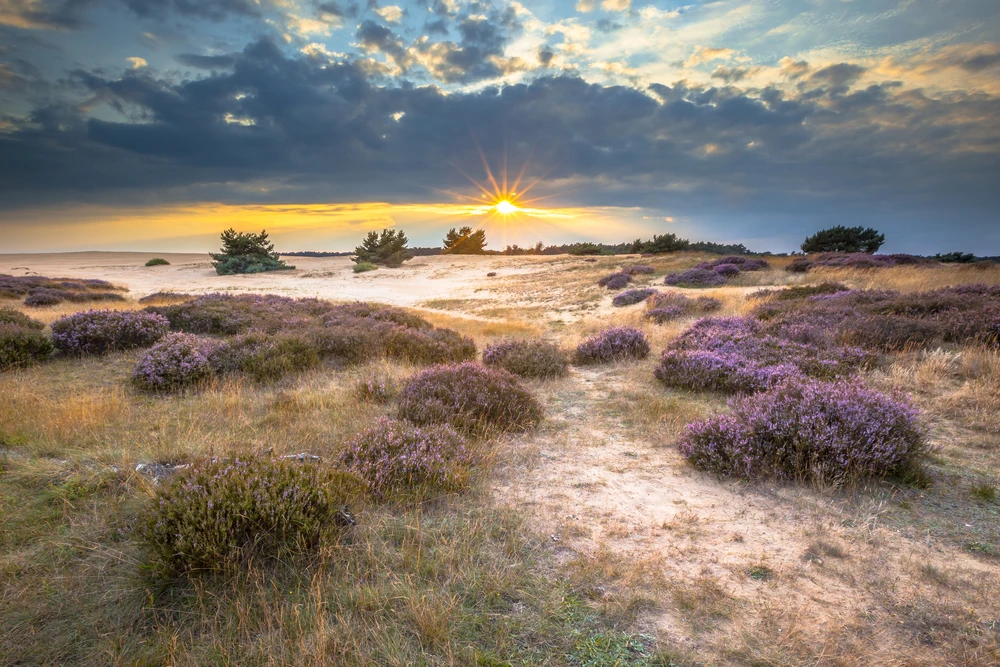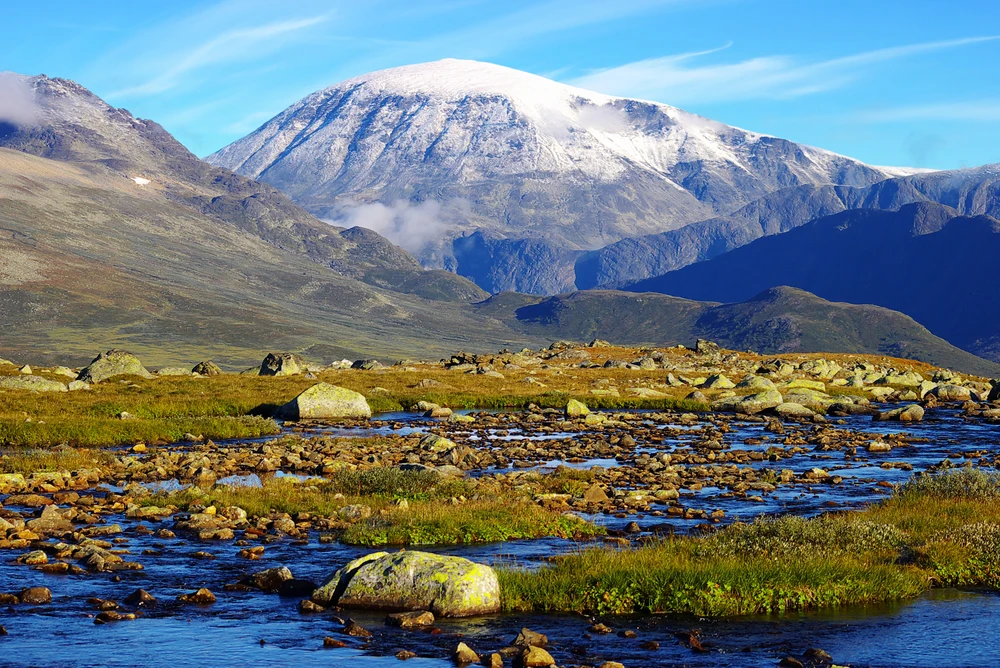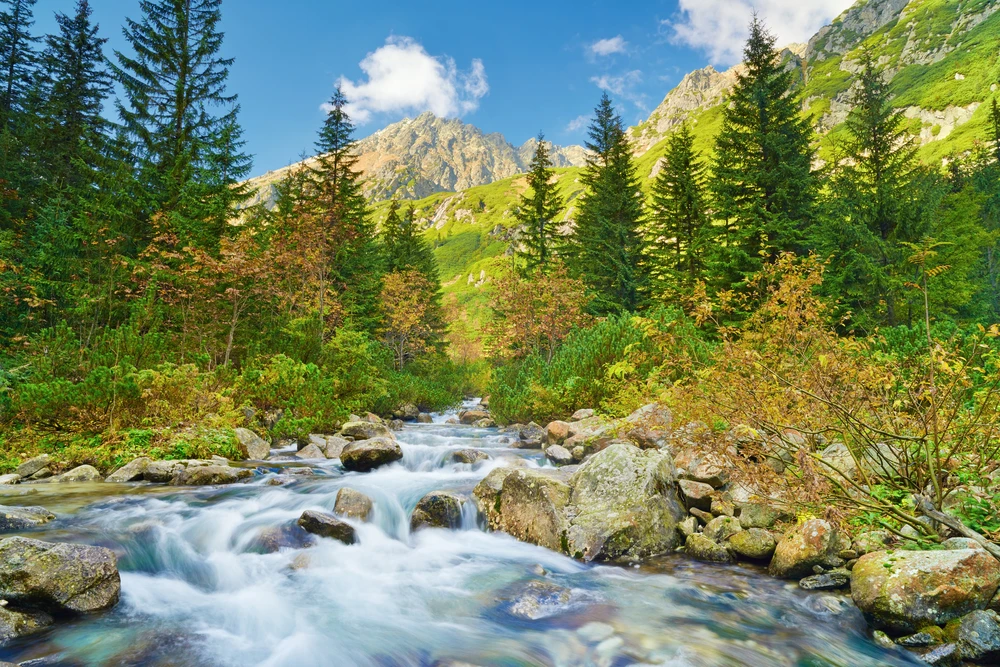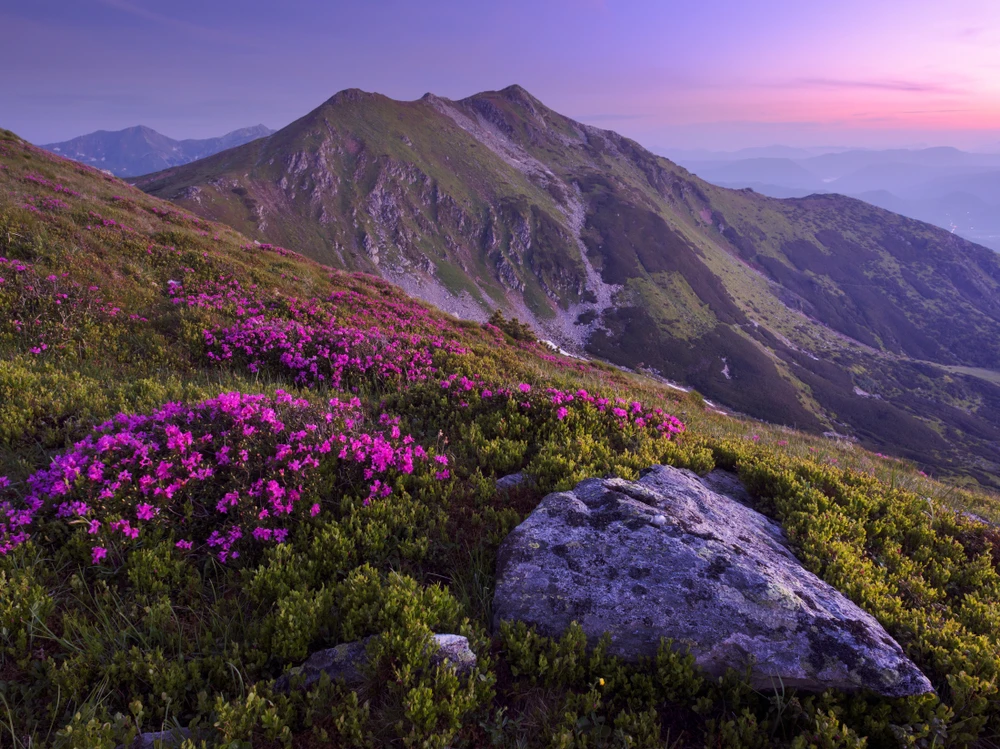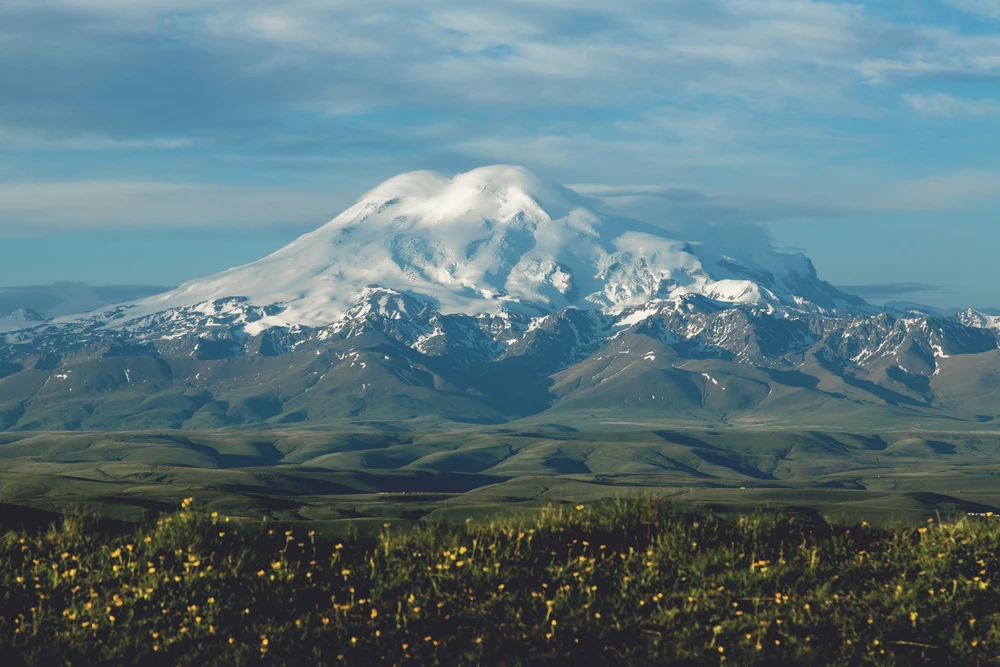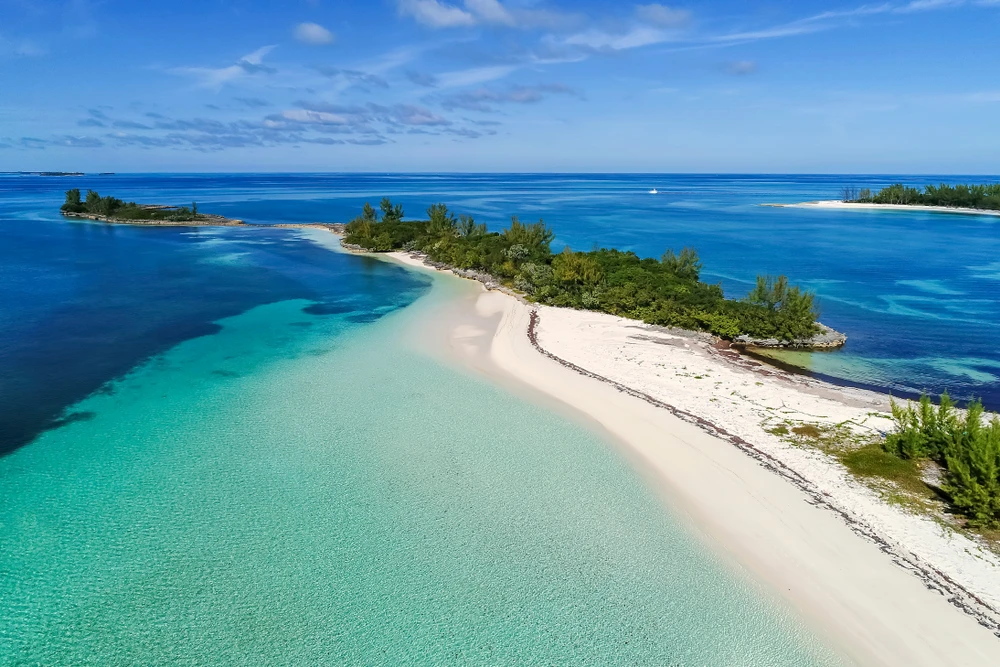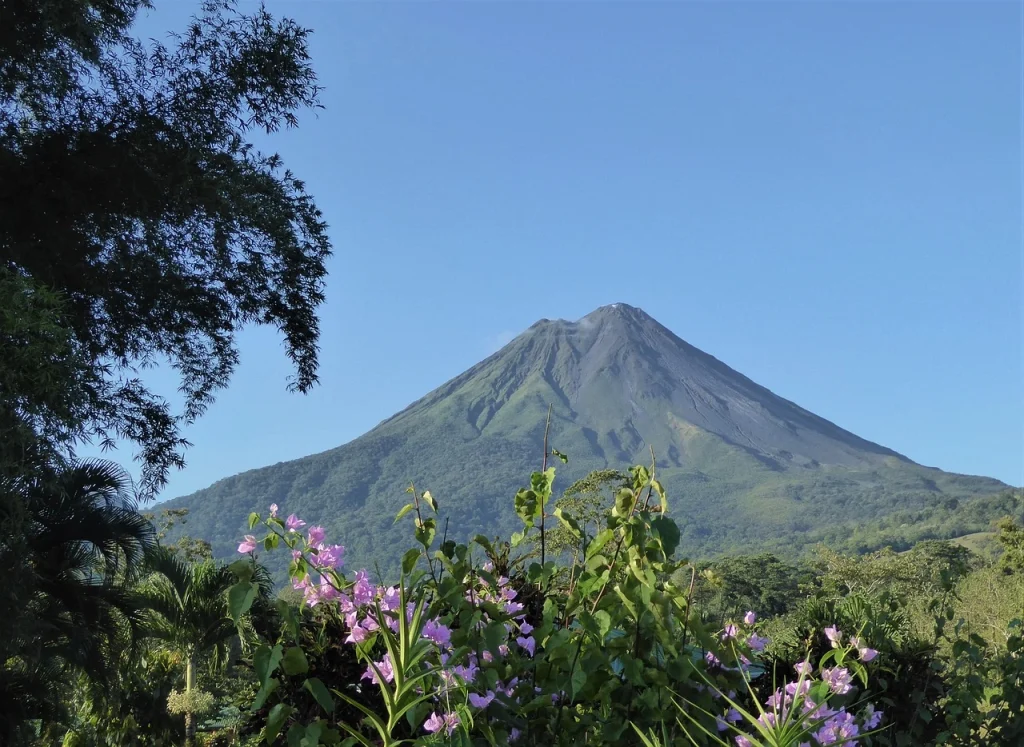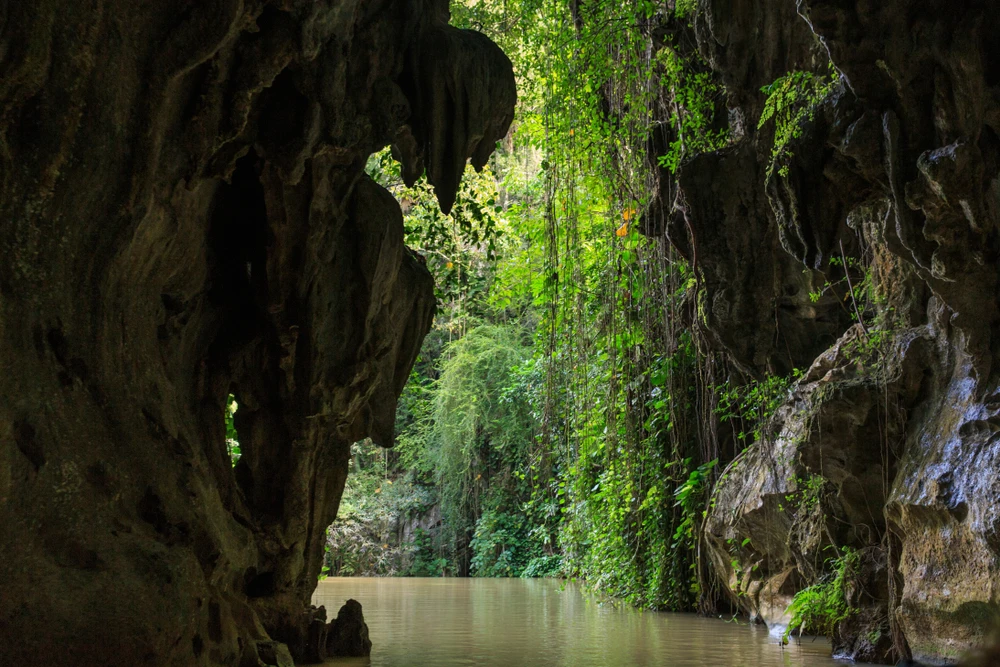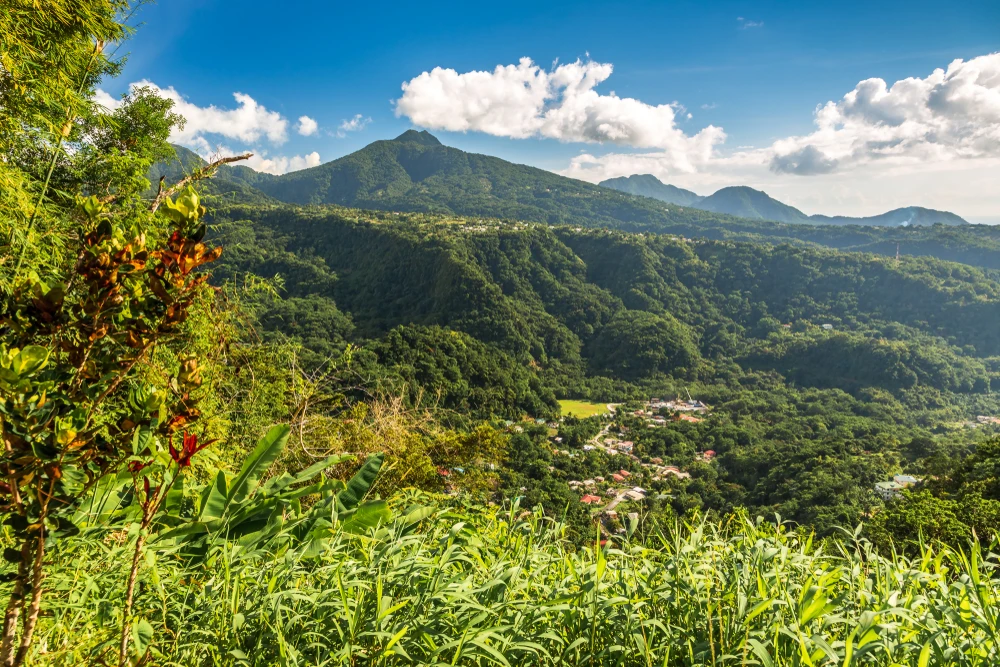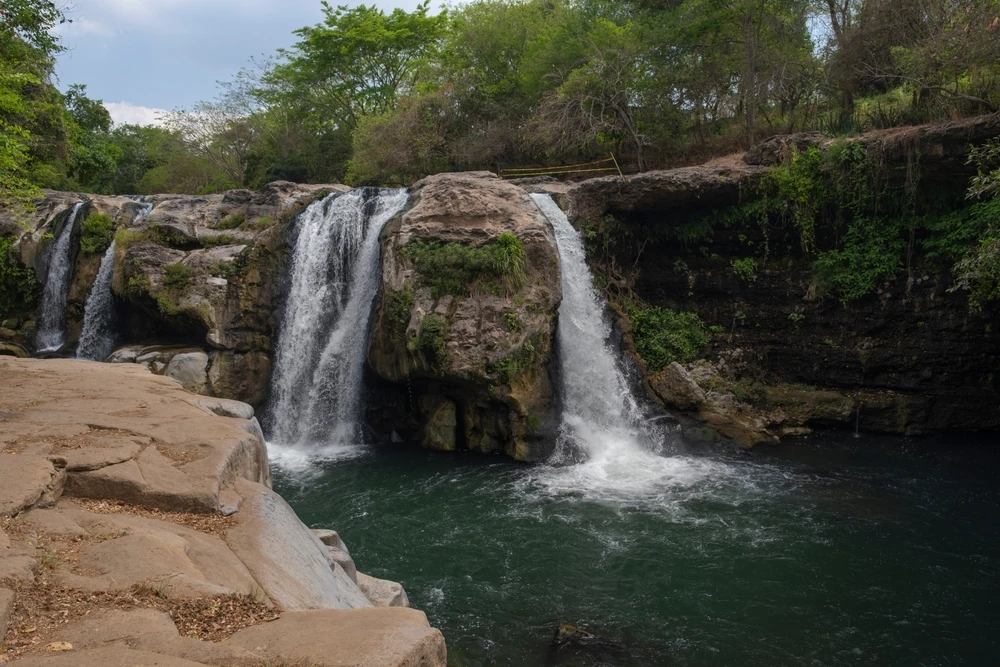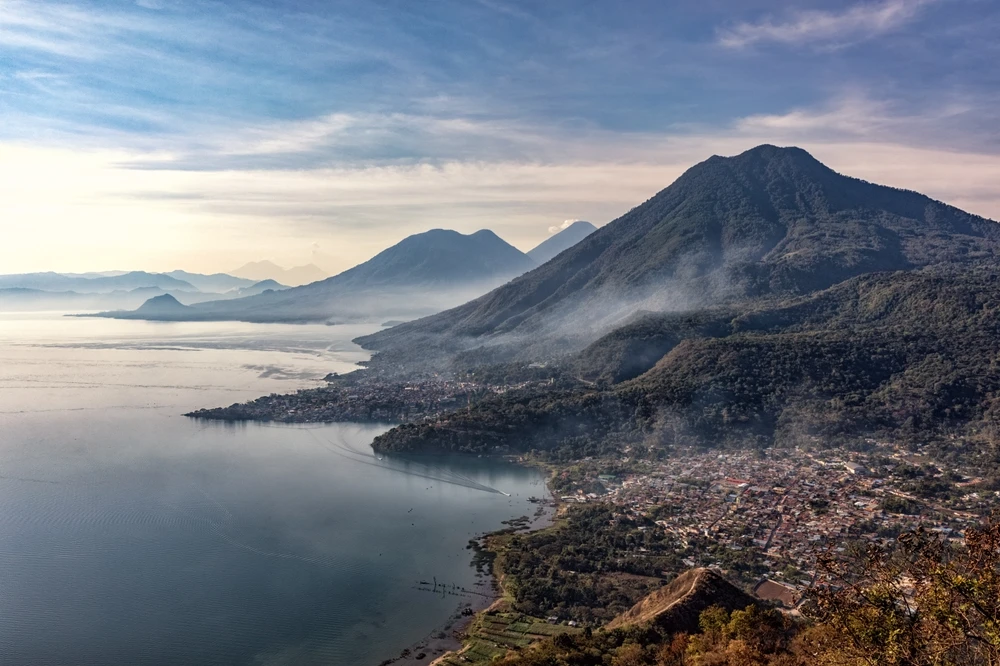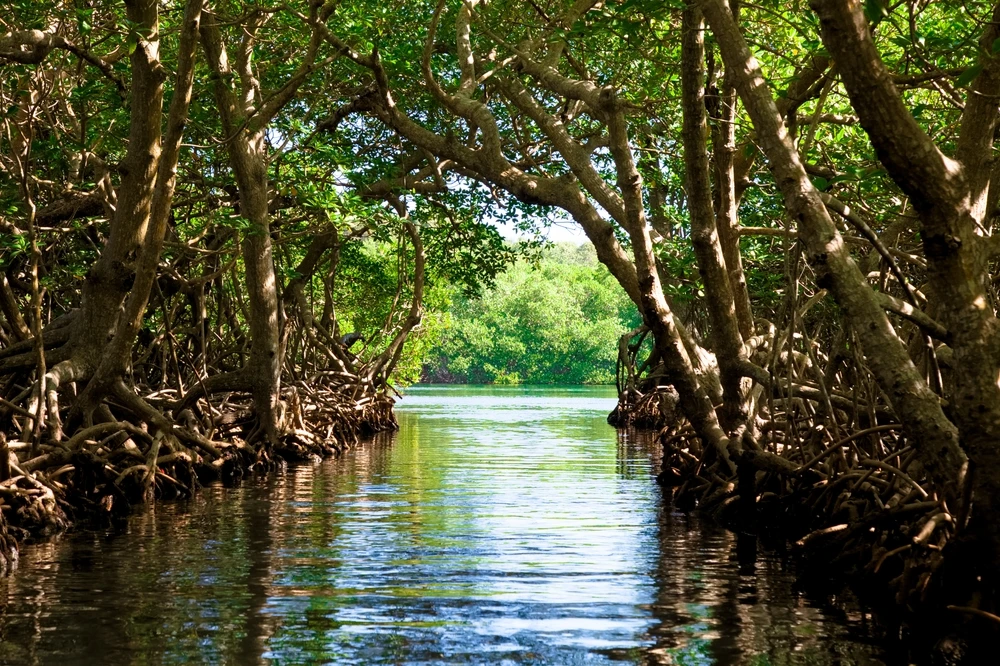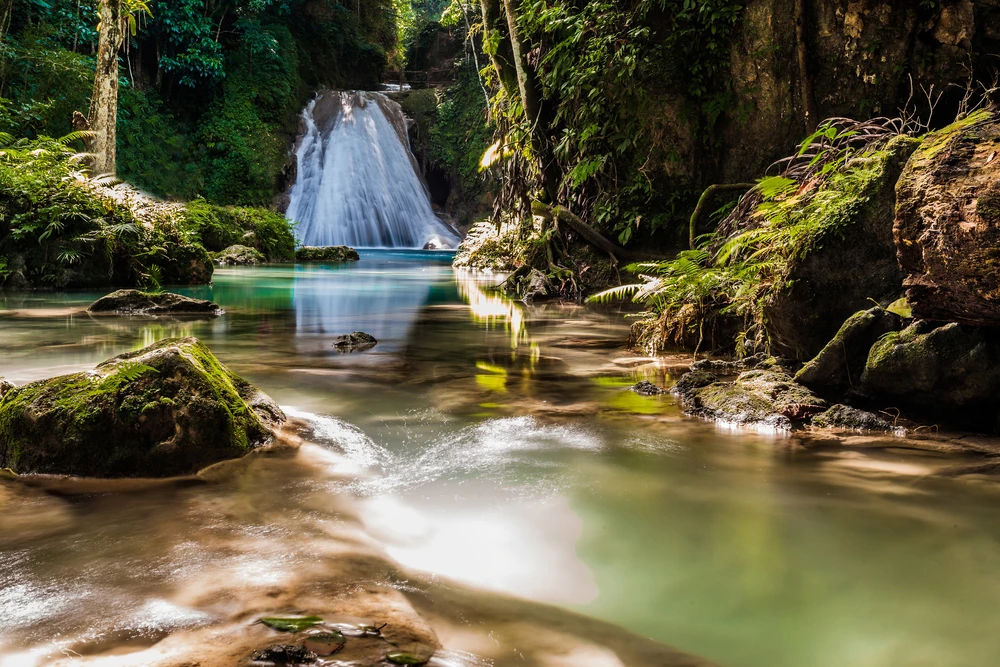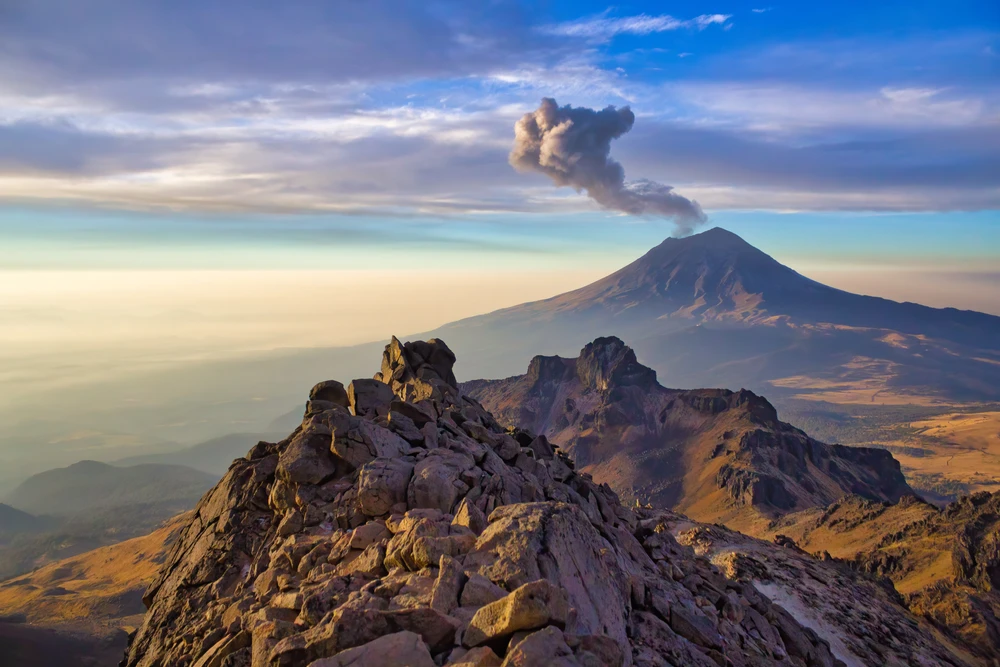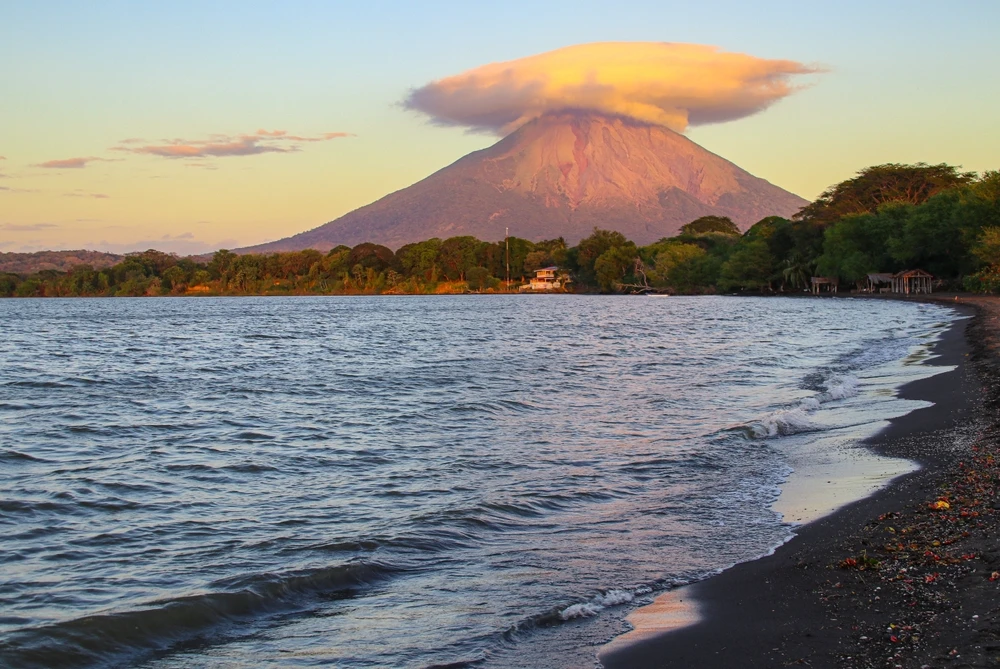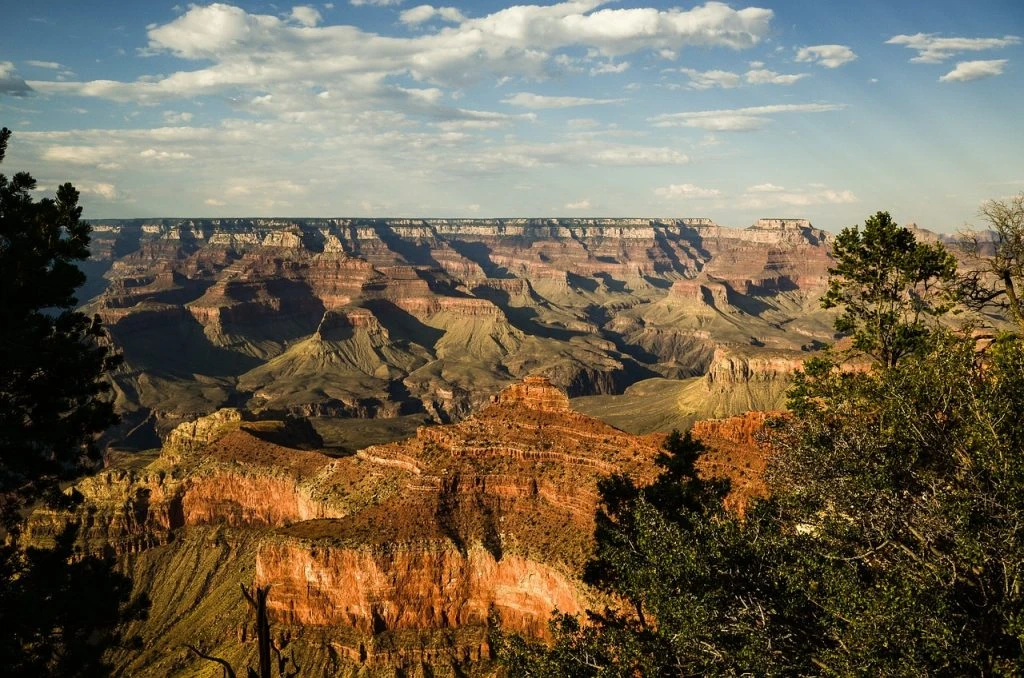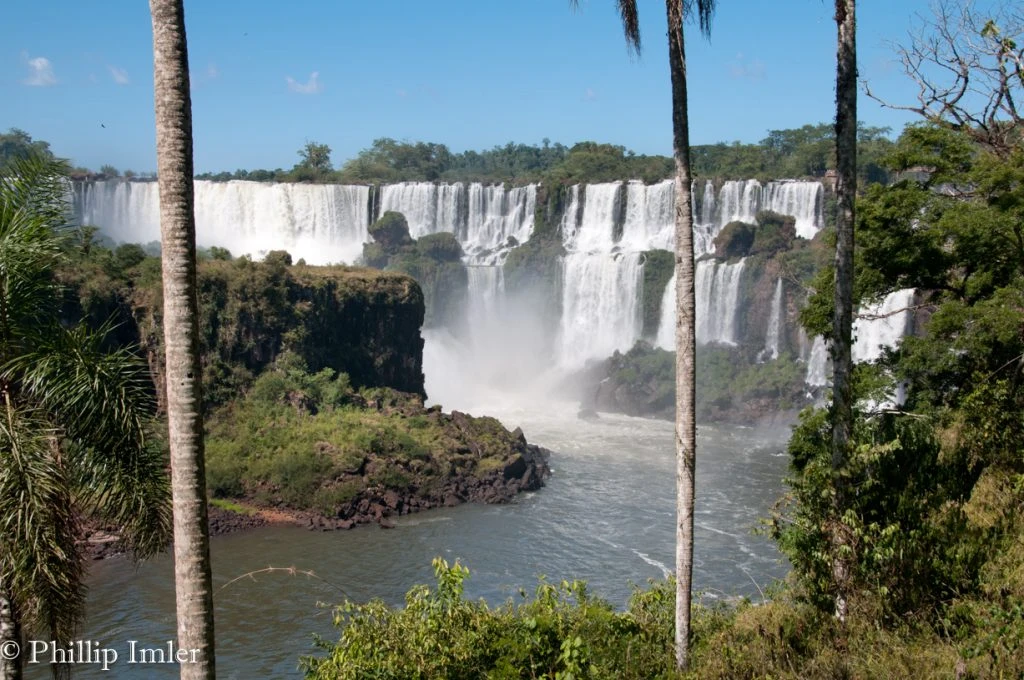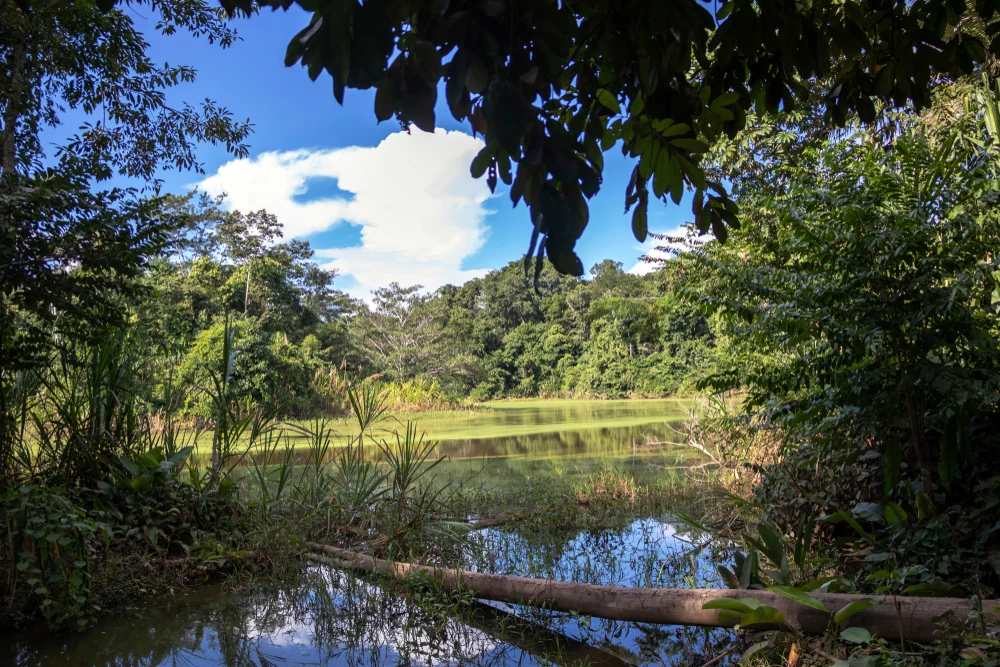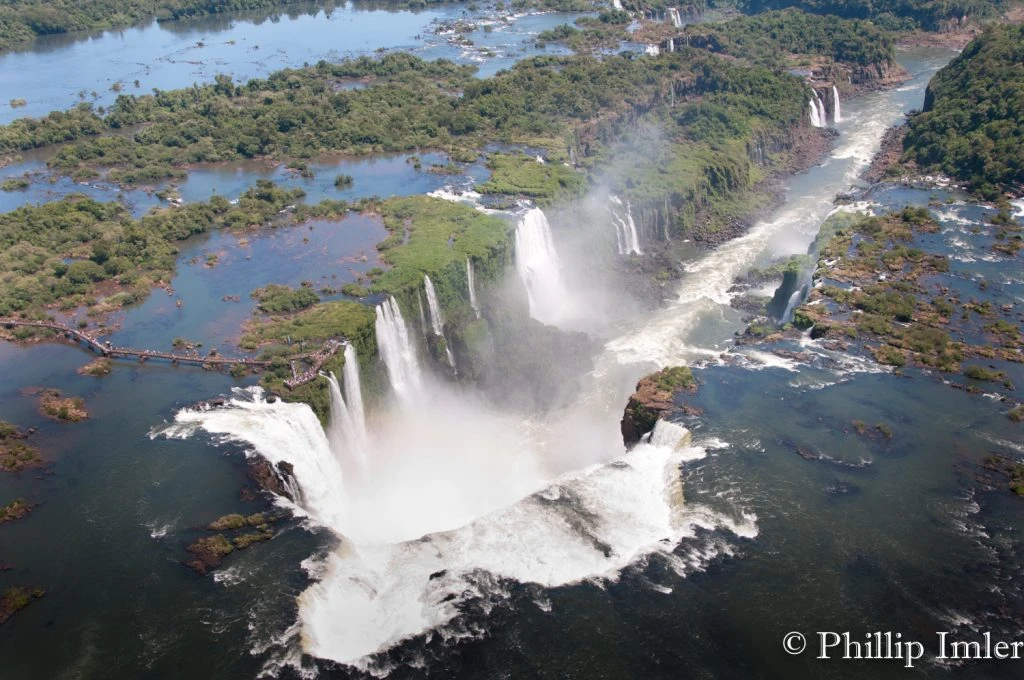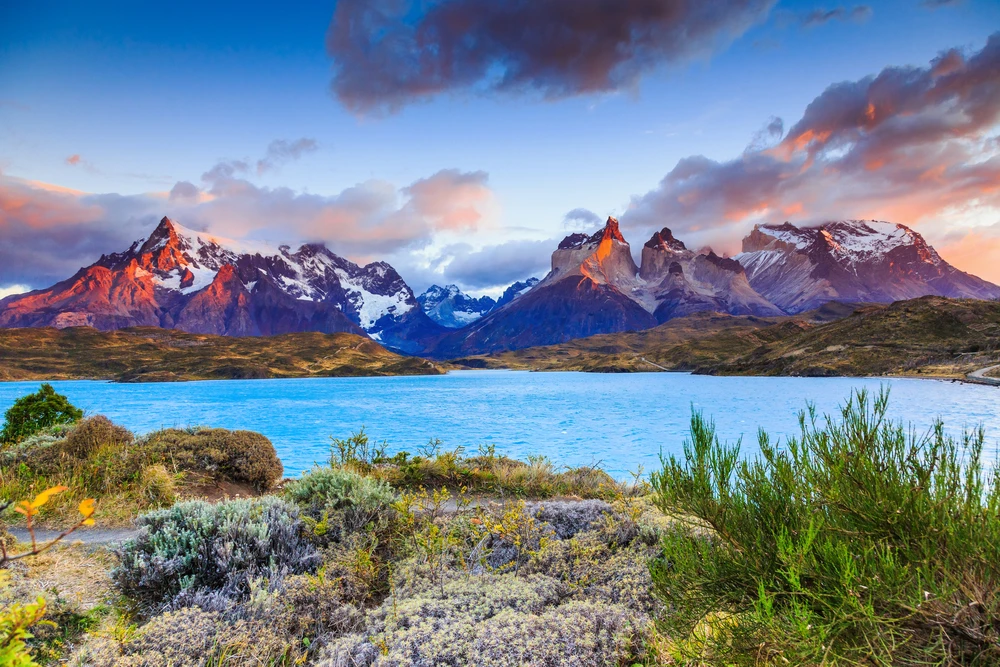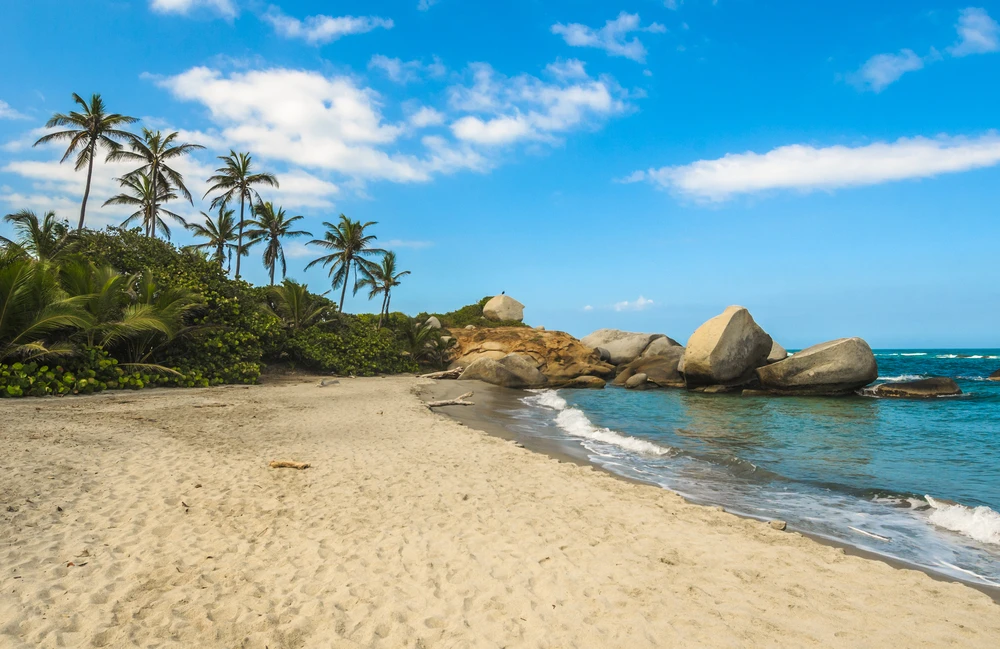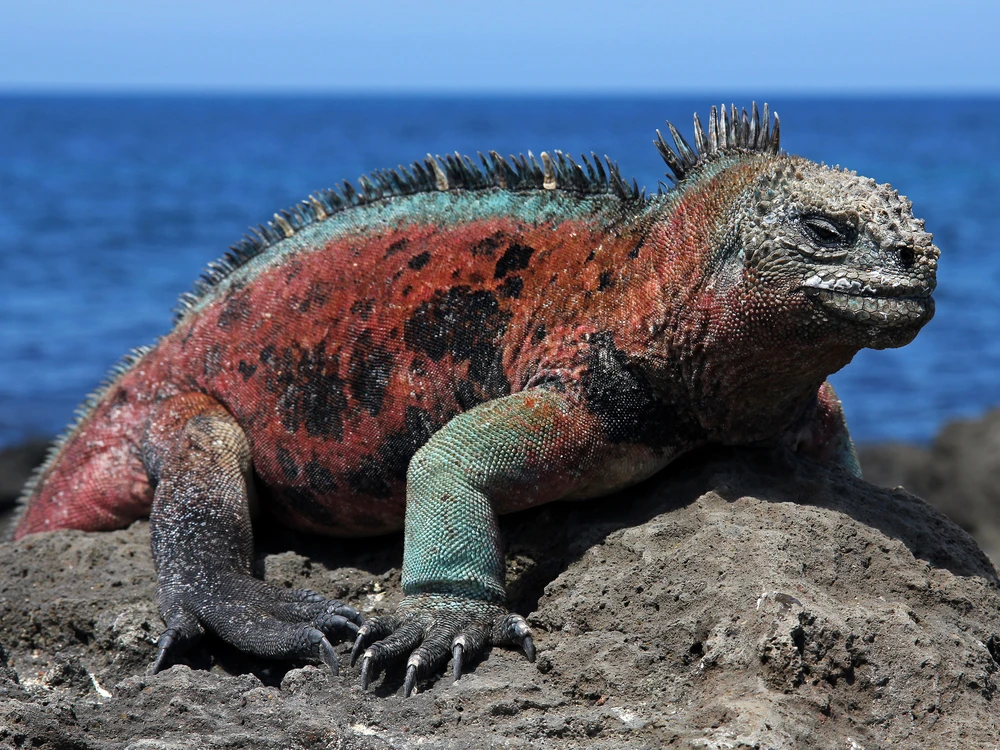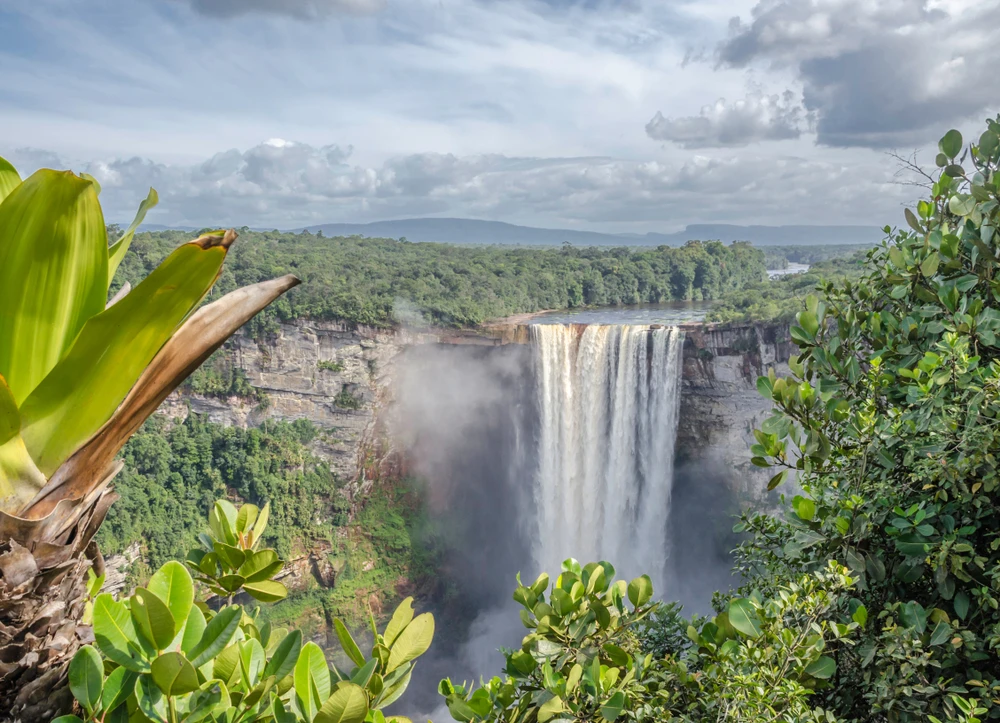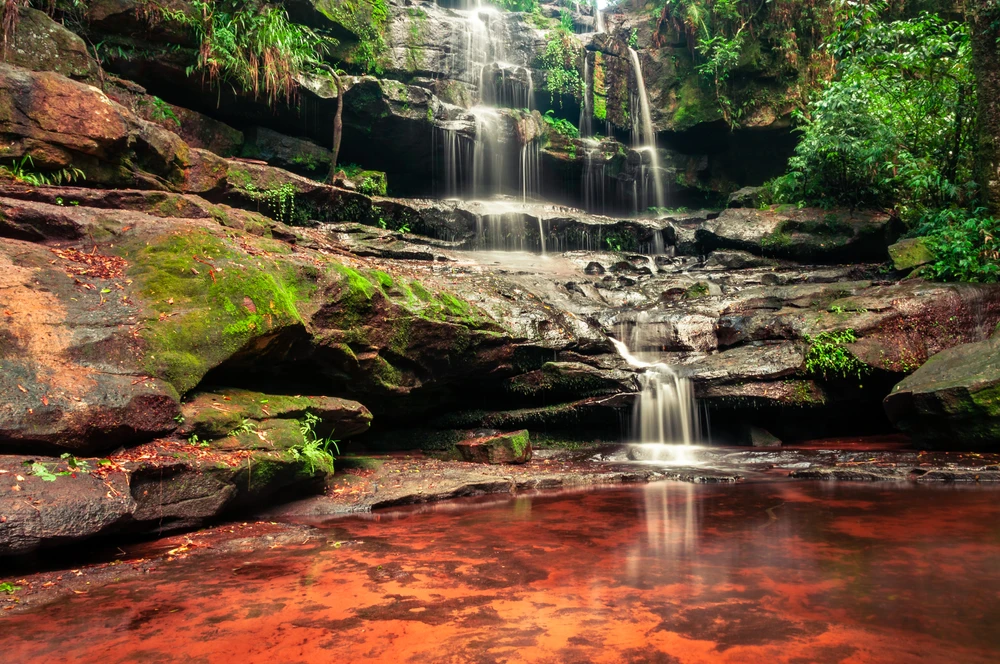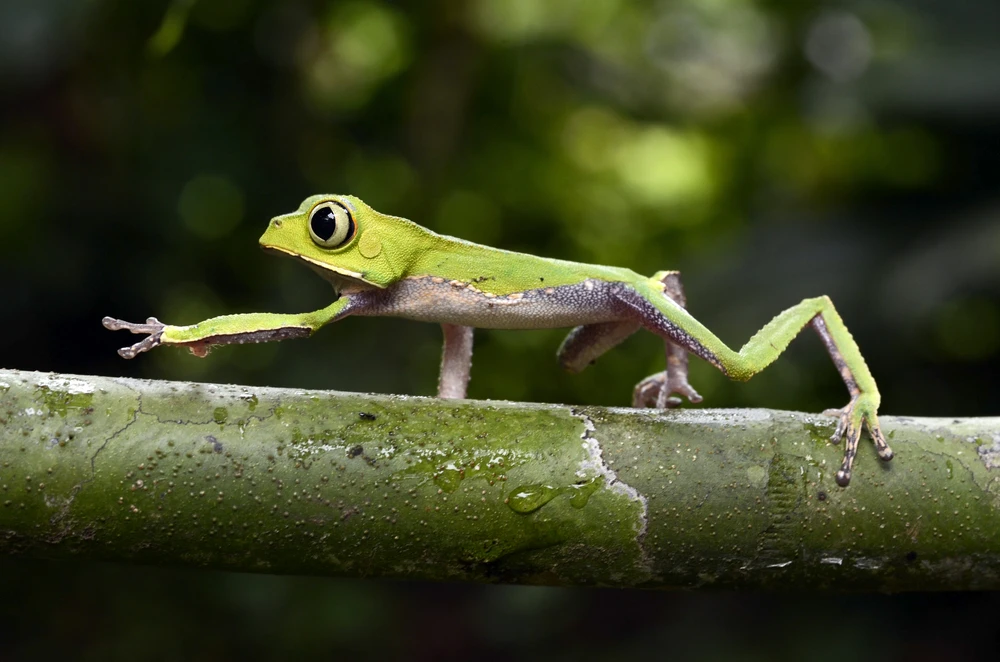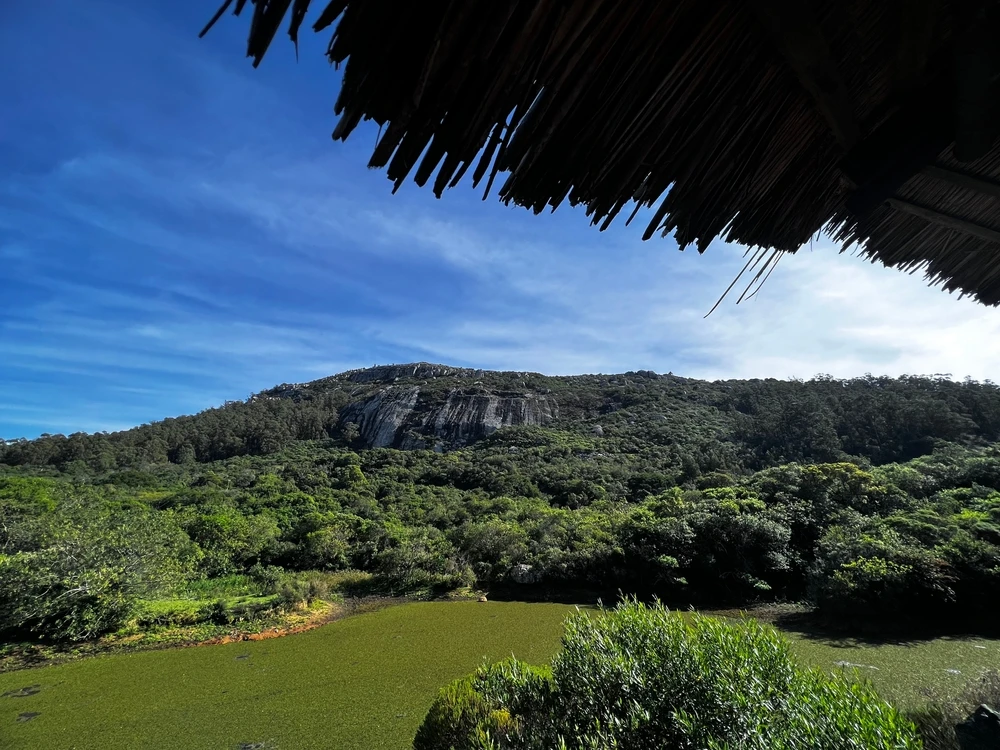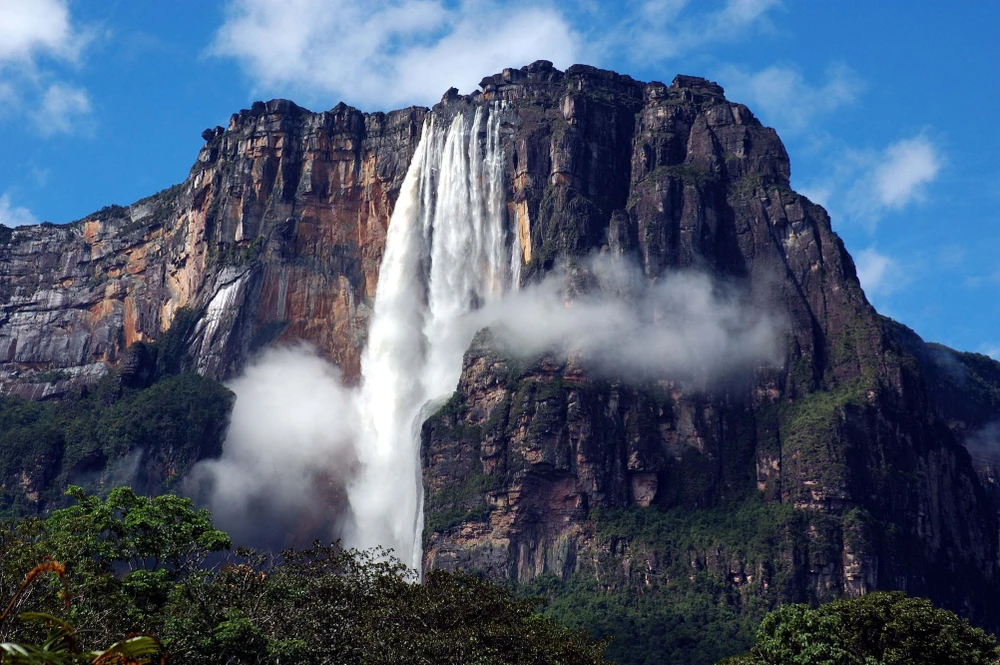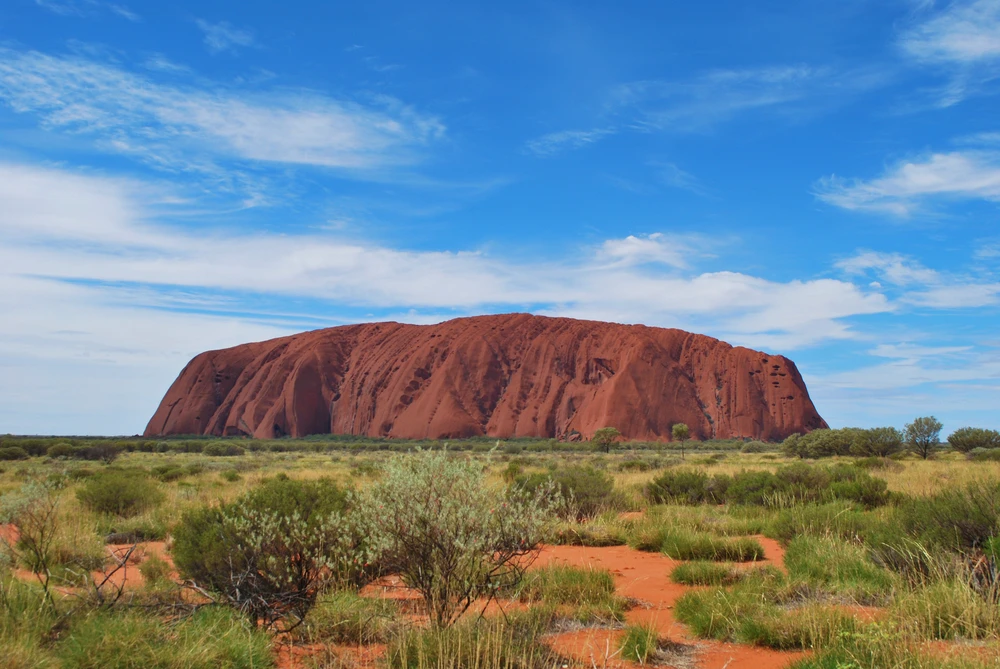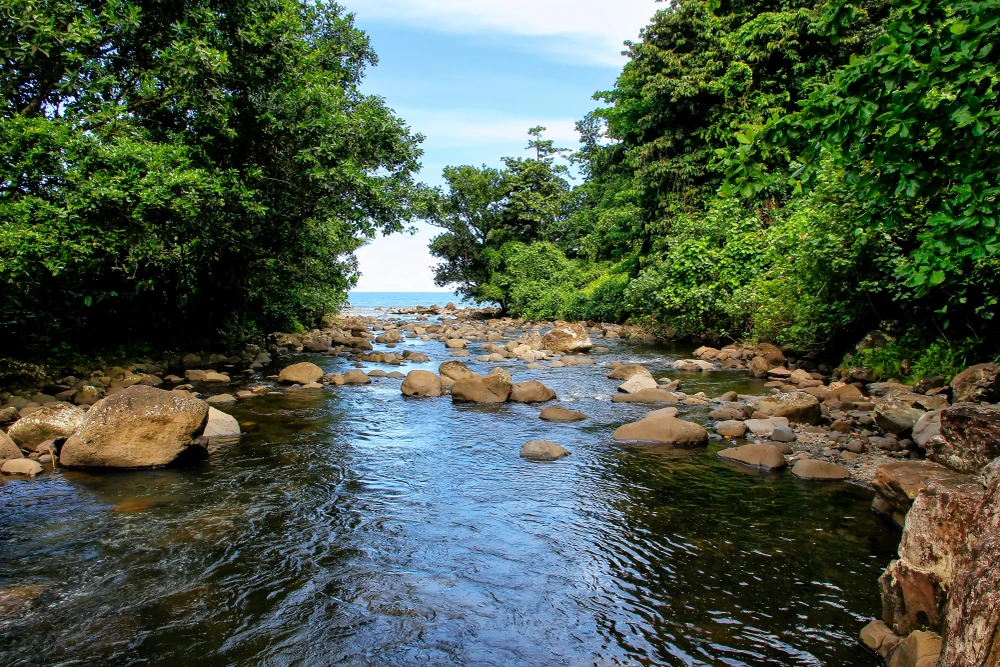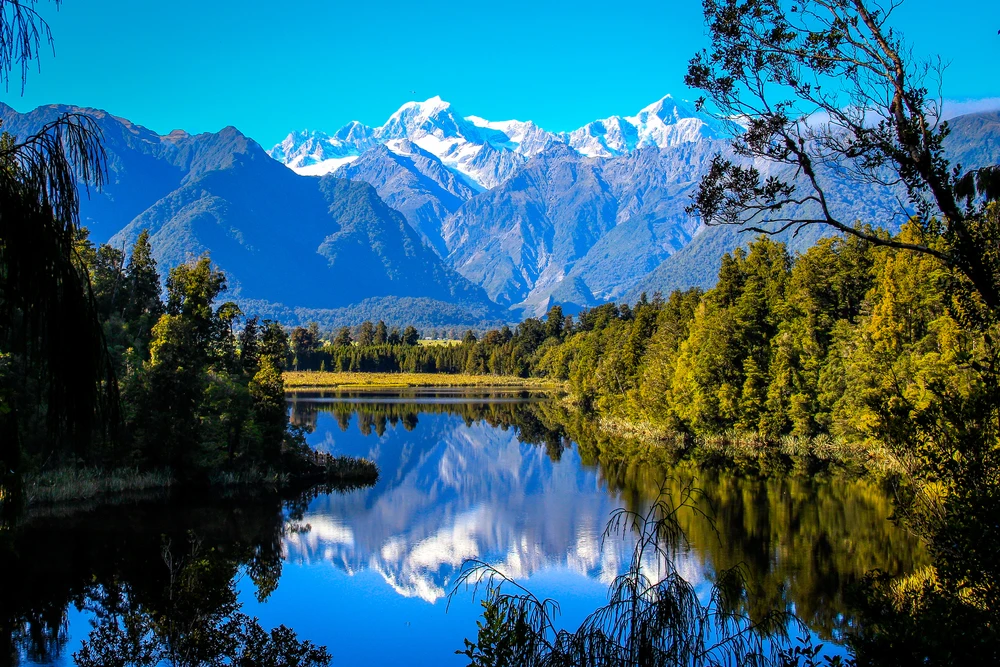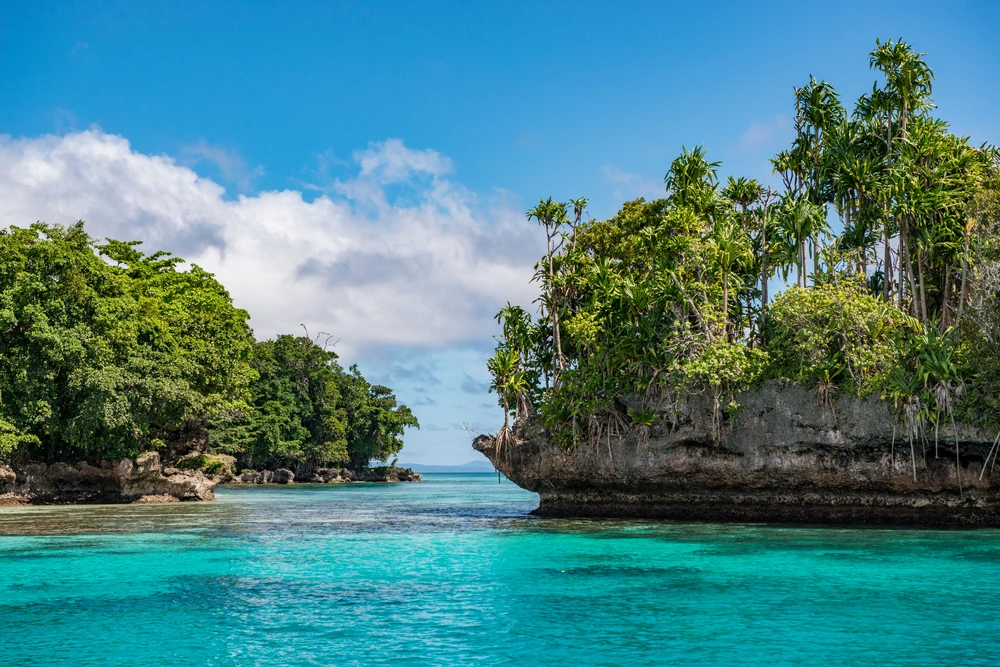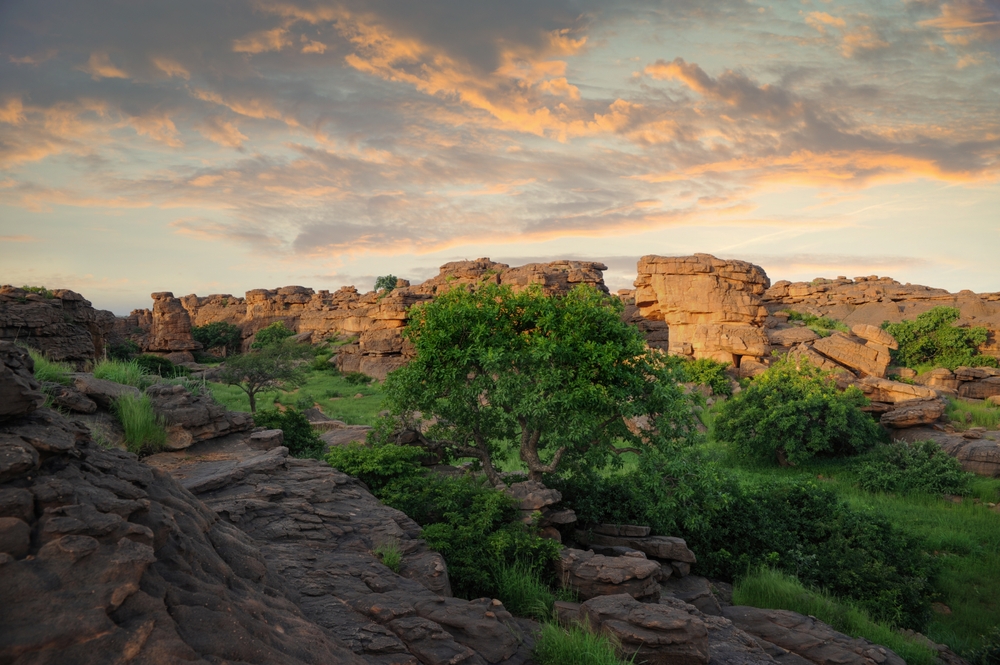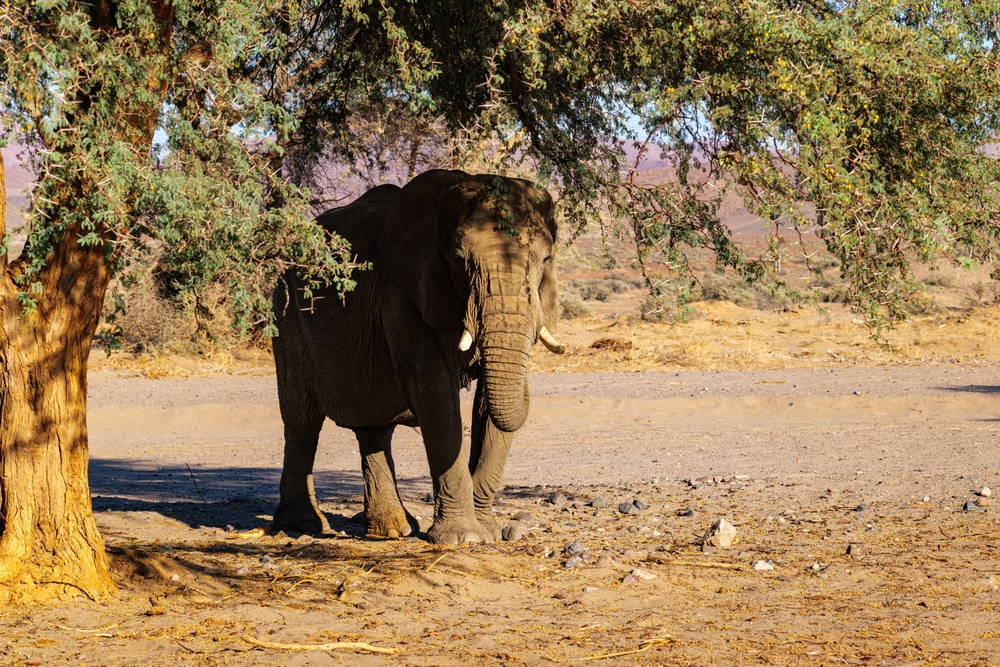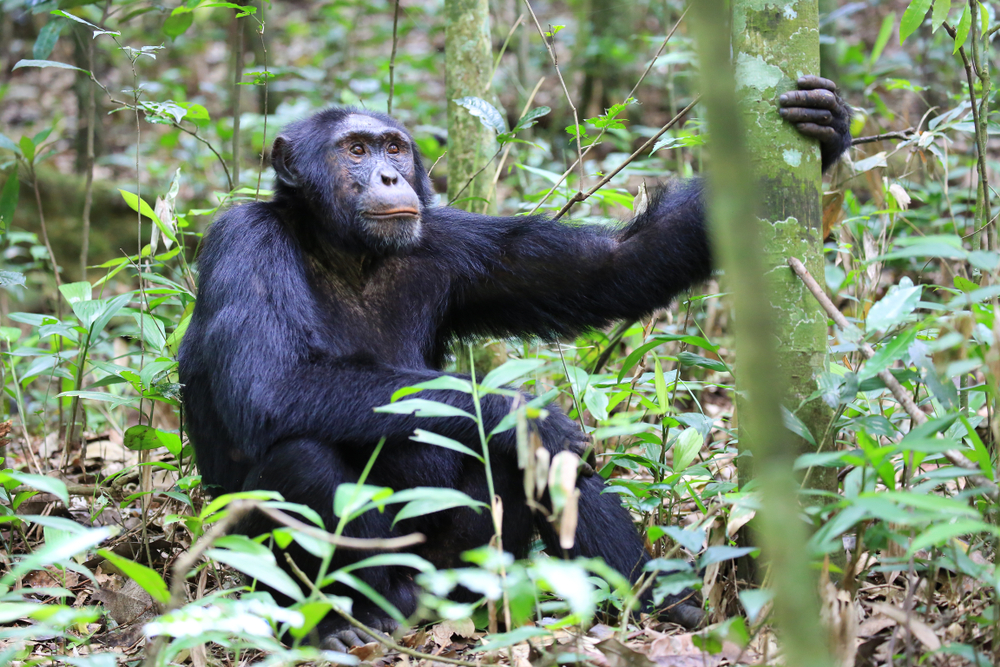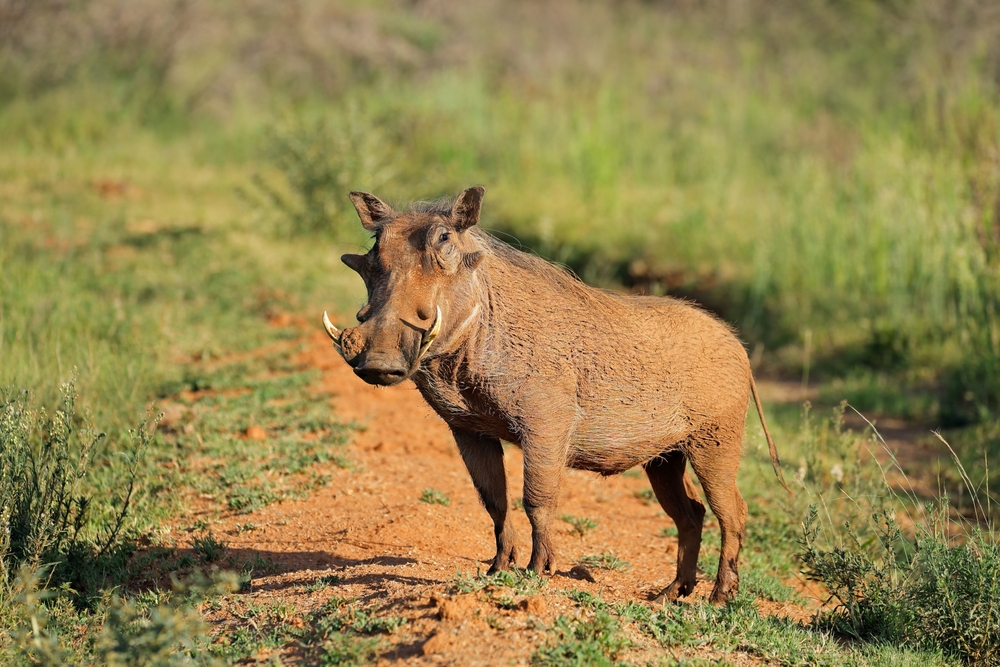Mali, a landlocked country in West Africa, is known for its rich cultural heritage, stunning landscapes, and historical significance. Though not typically recognized as a hub for national parks, Mali hosts several protected areas that reflect its ecological and cultural diversity. The nation has four official national parks, each offering a unique glimpse into the region’s wildlife and natural beauty. These parks provide sanctuary for some of Africa’s iconic species, including elephants, lions, and hippos, while also preserving critical habitats such as wetlands, savannas, and river ecosystems.
One of Mali’s most significant protected areas is the Boucle du Baoulé National Park, known for its vast expanse of savanna and forest. It is home to species like antelopes, warthogs, and various bird species. The park also contains archaeological sites that reflect Mali’s ancient history, making it an essential destination for those interested in both nature and heritage. The Bafing National Park, located in the country’s southwestern region, focuses on the conservation of chimpanzees. This park forms part of a larger biosphere reserve, where researchers and conservationists work tirelessly to protect one of West Africa’s last remaining populations of wild chimpanzees.
Wongo National Park is another important area, safeguarding the habitats of numerous bird species and supporting Mali’s ecological balance. The Baoulé Loop Biosphere Reserve, often overlapping with the Boucle du Baoulé, serves as a critical corridor for wildlife and includes designated zones for tourism and research. These parks, while less internationally renowned than those in other African countries, contribute significantly to Mali’s conservation efforts.
Mali faces substantial conservation challenges, including desertification, poaching, and the impact of climate change. The encroachment of human settlements and agricultural expansion further exacerbates habitat loss. Political instability in certain regions of the country has made it difficult to enforce conservation laws and maintain the infrastructure needed for effective park management. However, there are ongoing successes as well. International collaborations with conservation organizations have supported anti-poaching initiatives and community education programs. Efforts to engage local communities in sustainable practices and wildlife protection have shown promise in fostering stewardship over these precious natural areas.
While Mali’s national parks might not yet be on the global ecotourism radar, they hold immense potential for future development, showcasing the country’s unique biodiversity and commitment to conservation. These parks are invaluable not only for their ecological importance but also for their ability to connect people with Mali’s rich natural and cultural landscapes.

